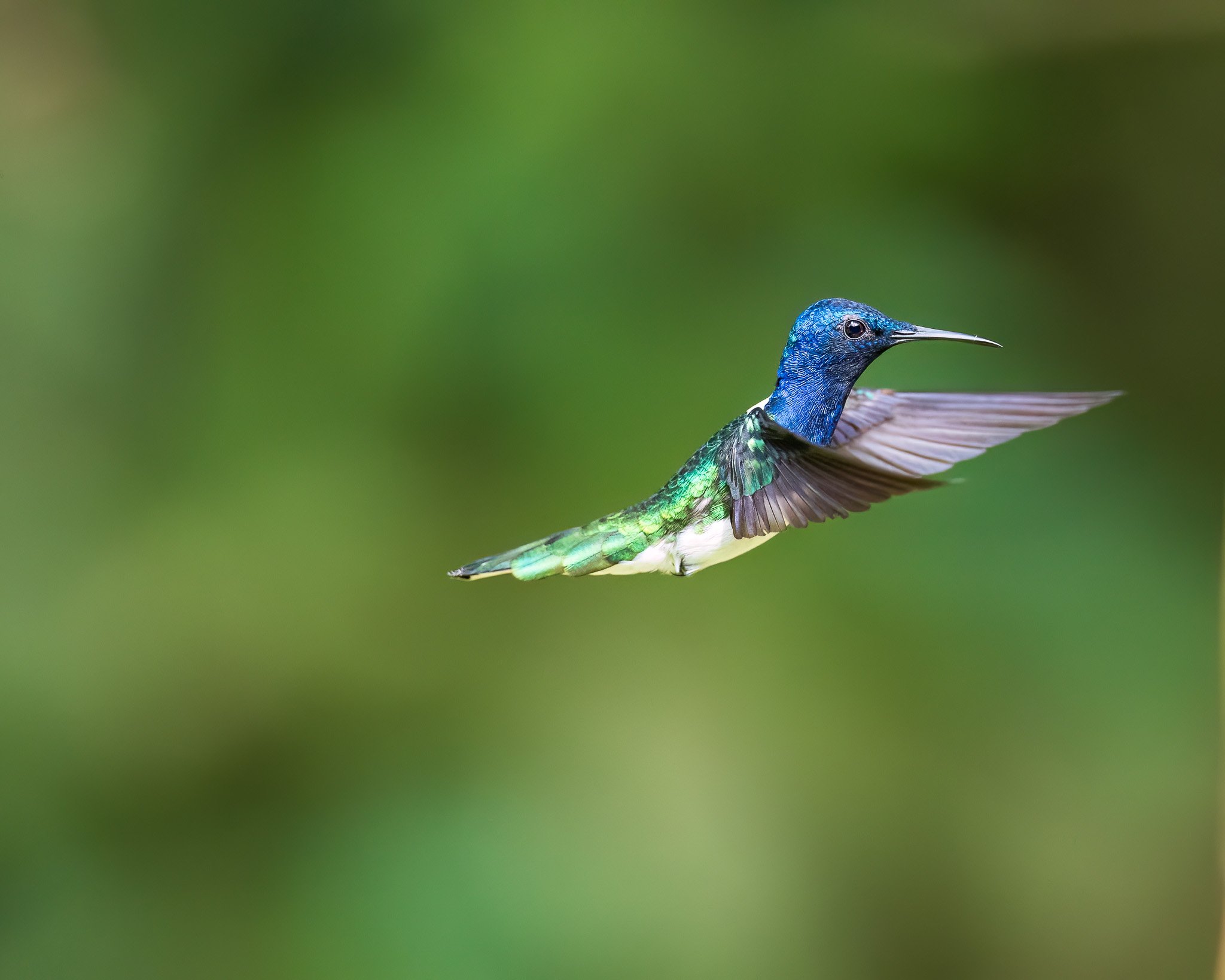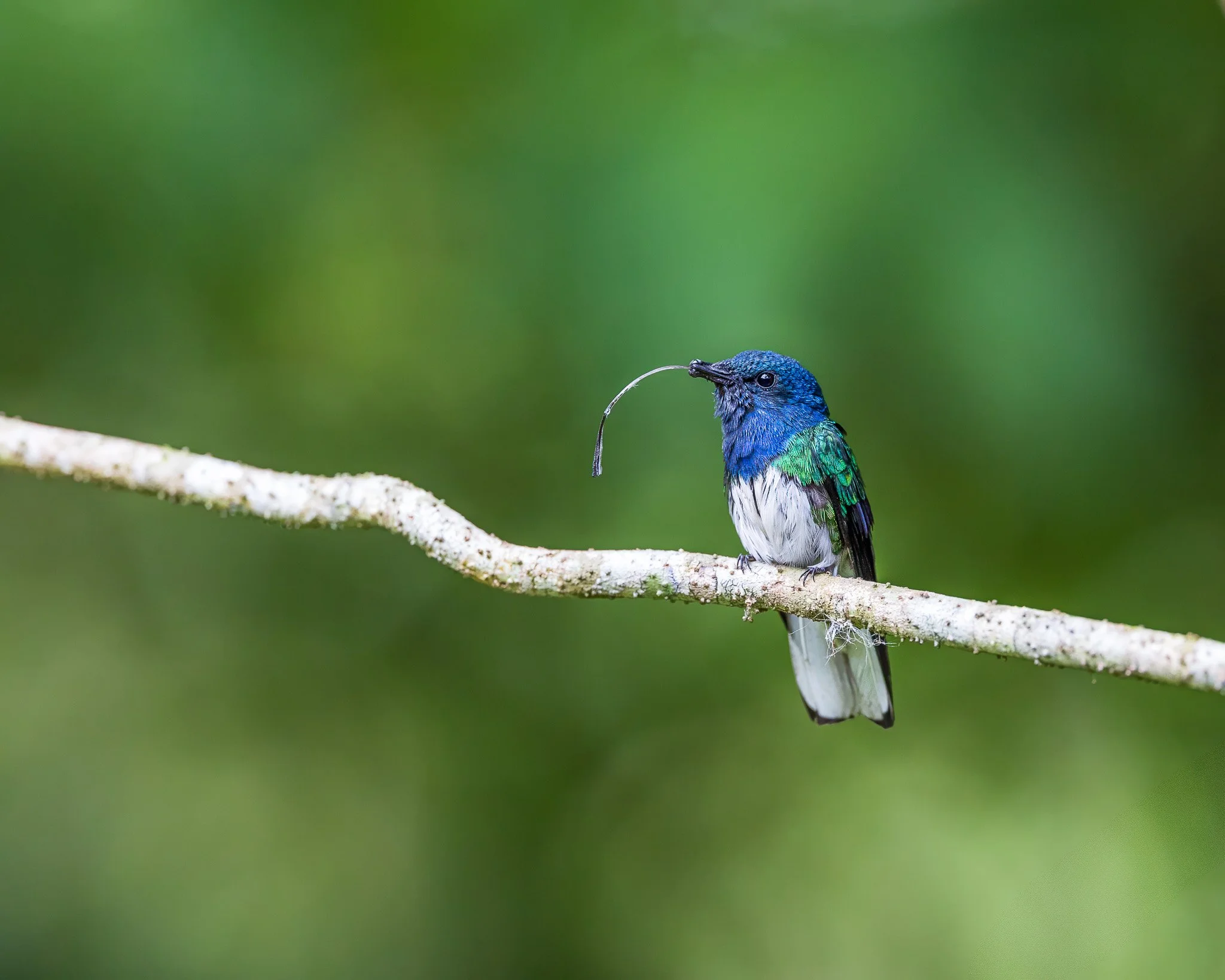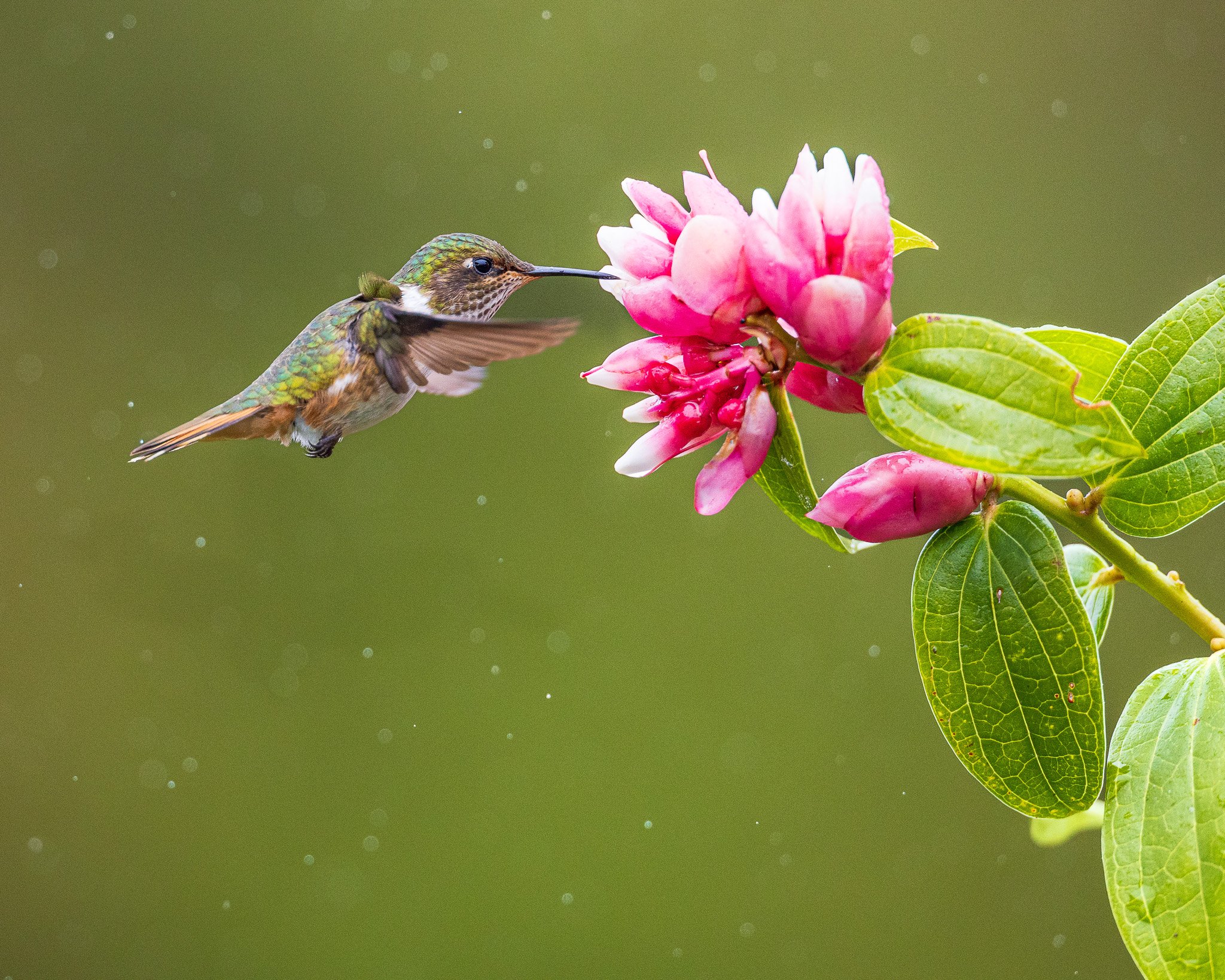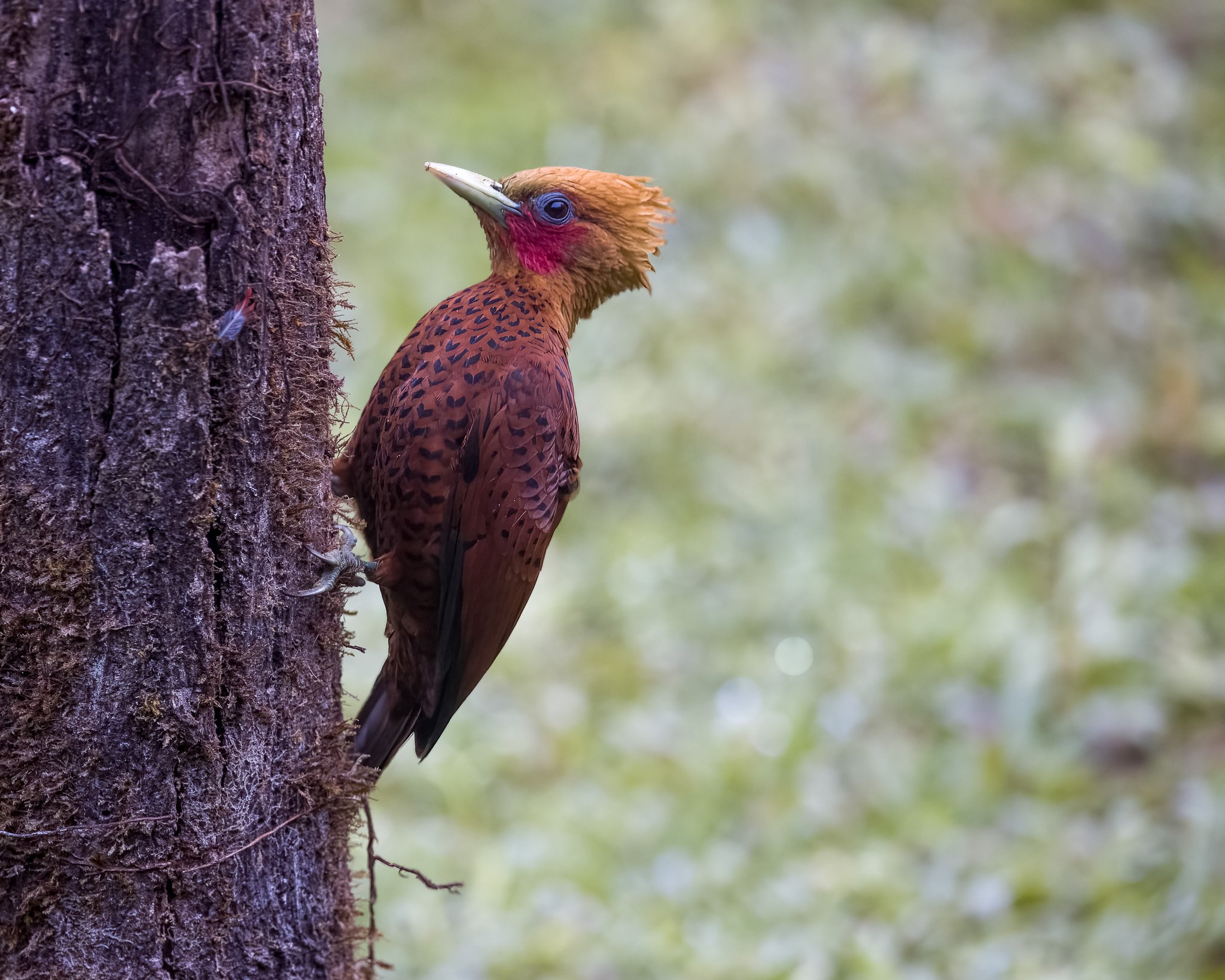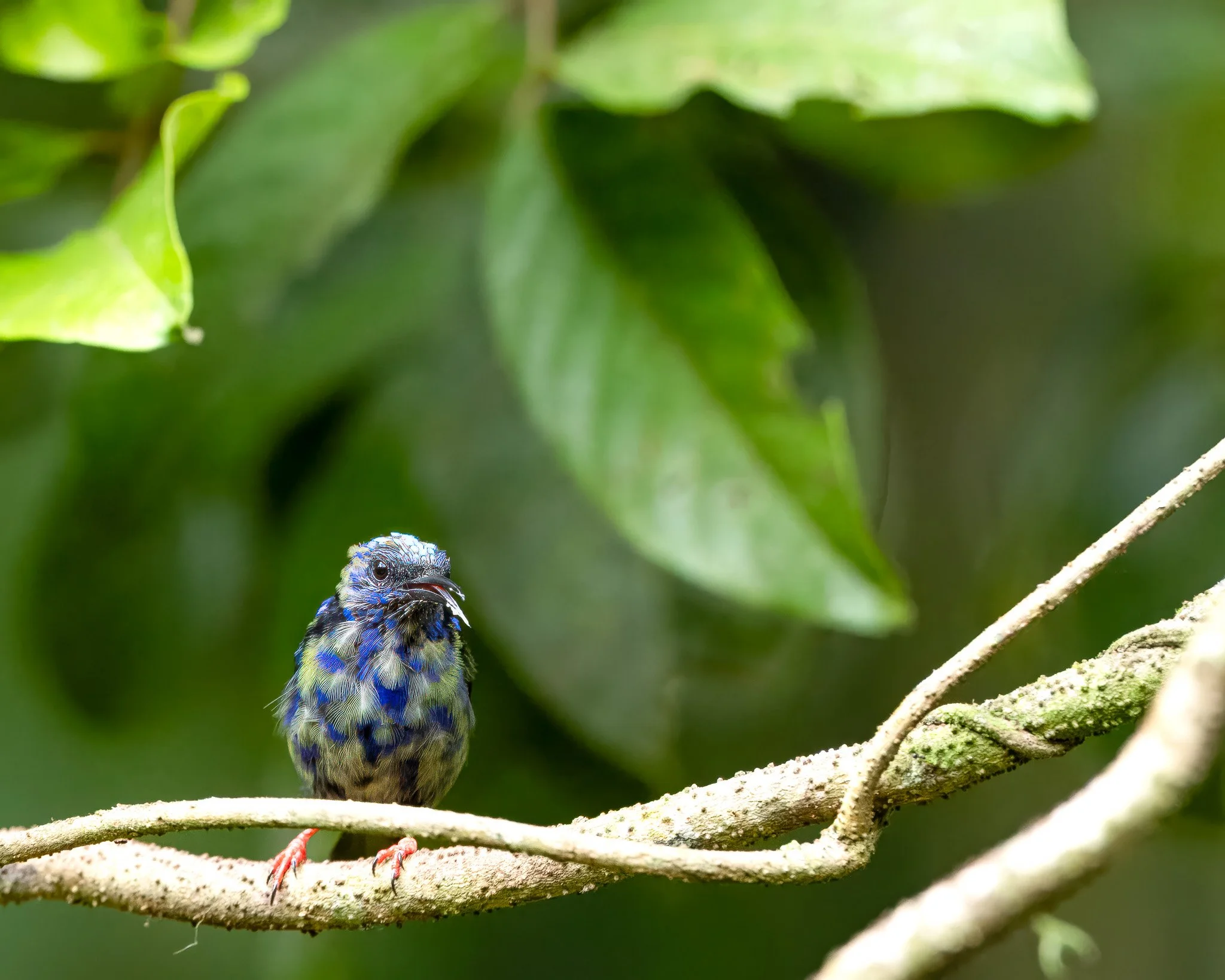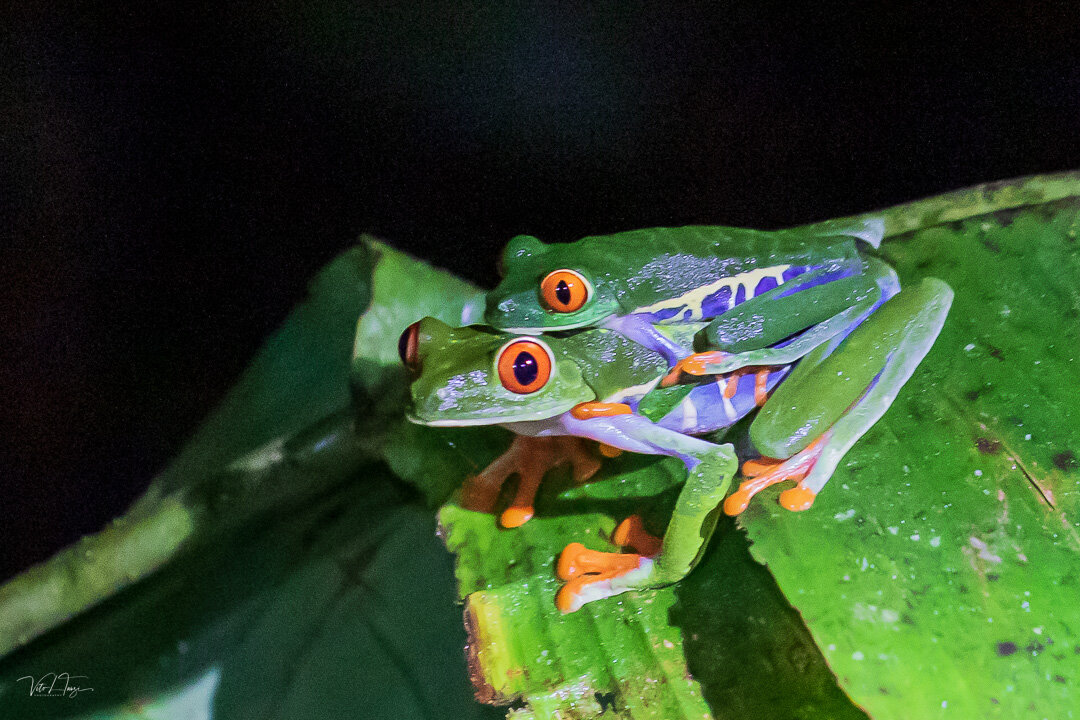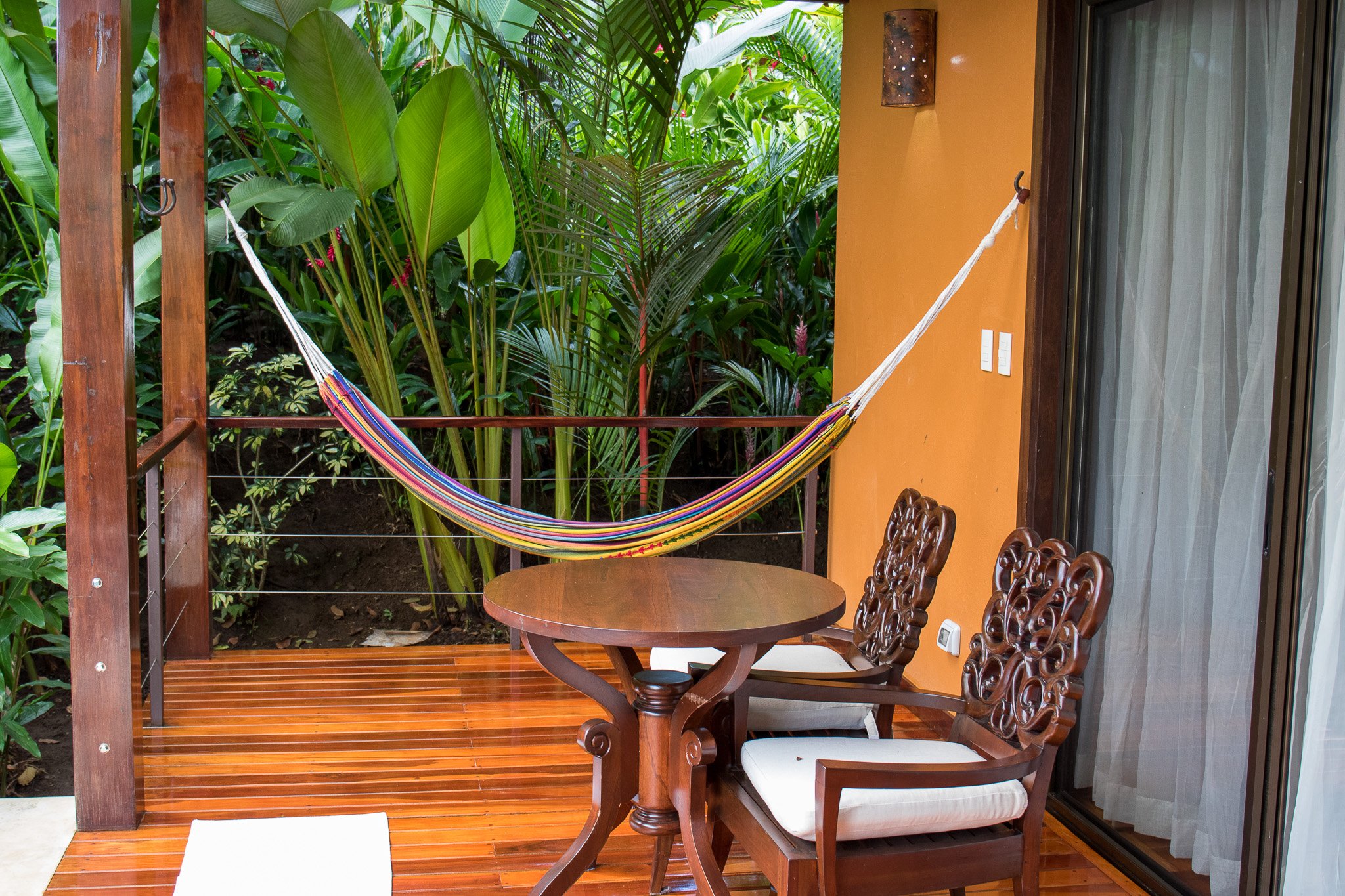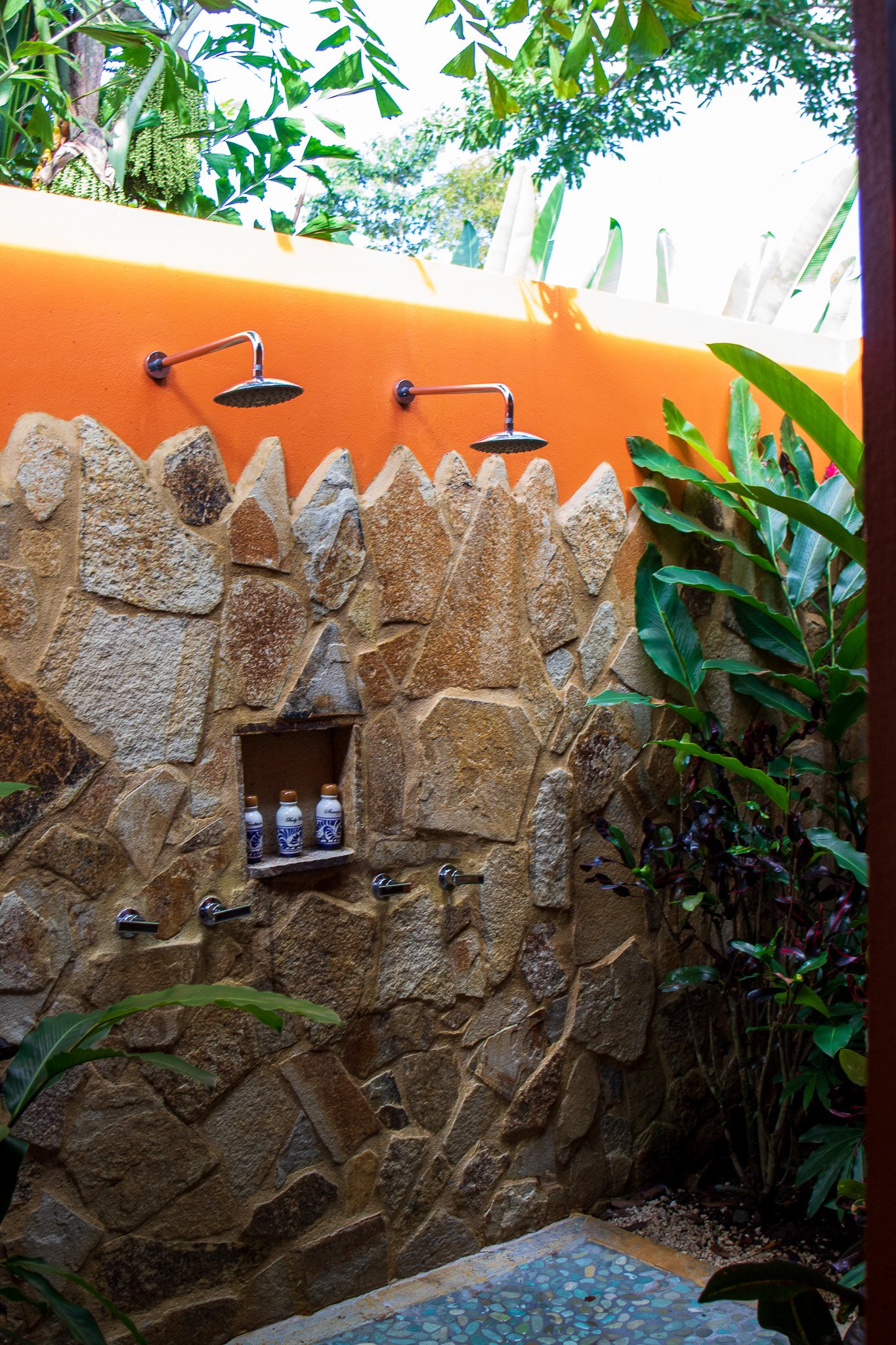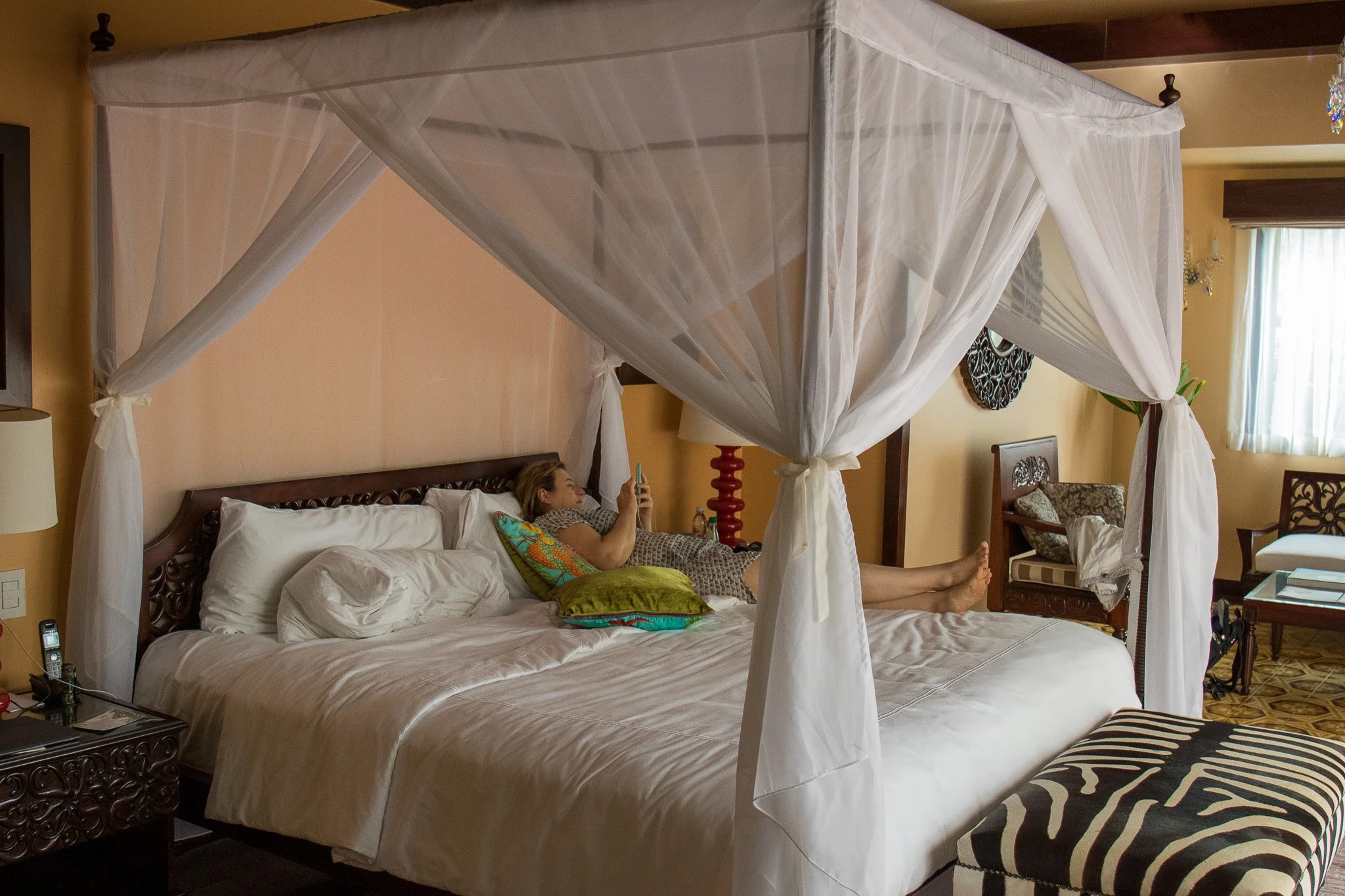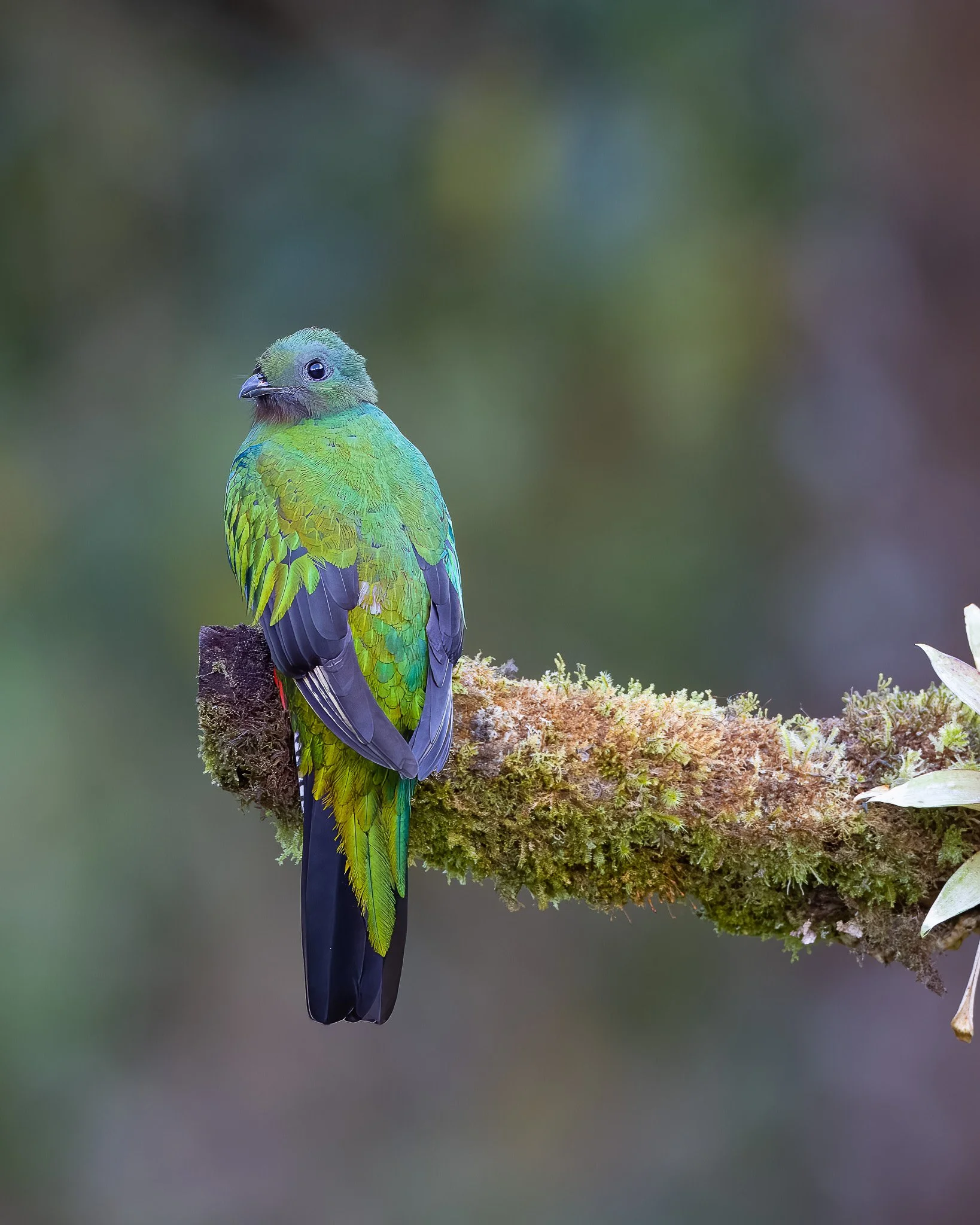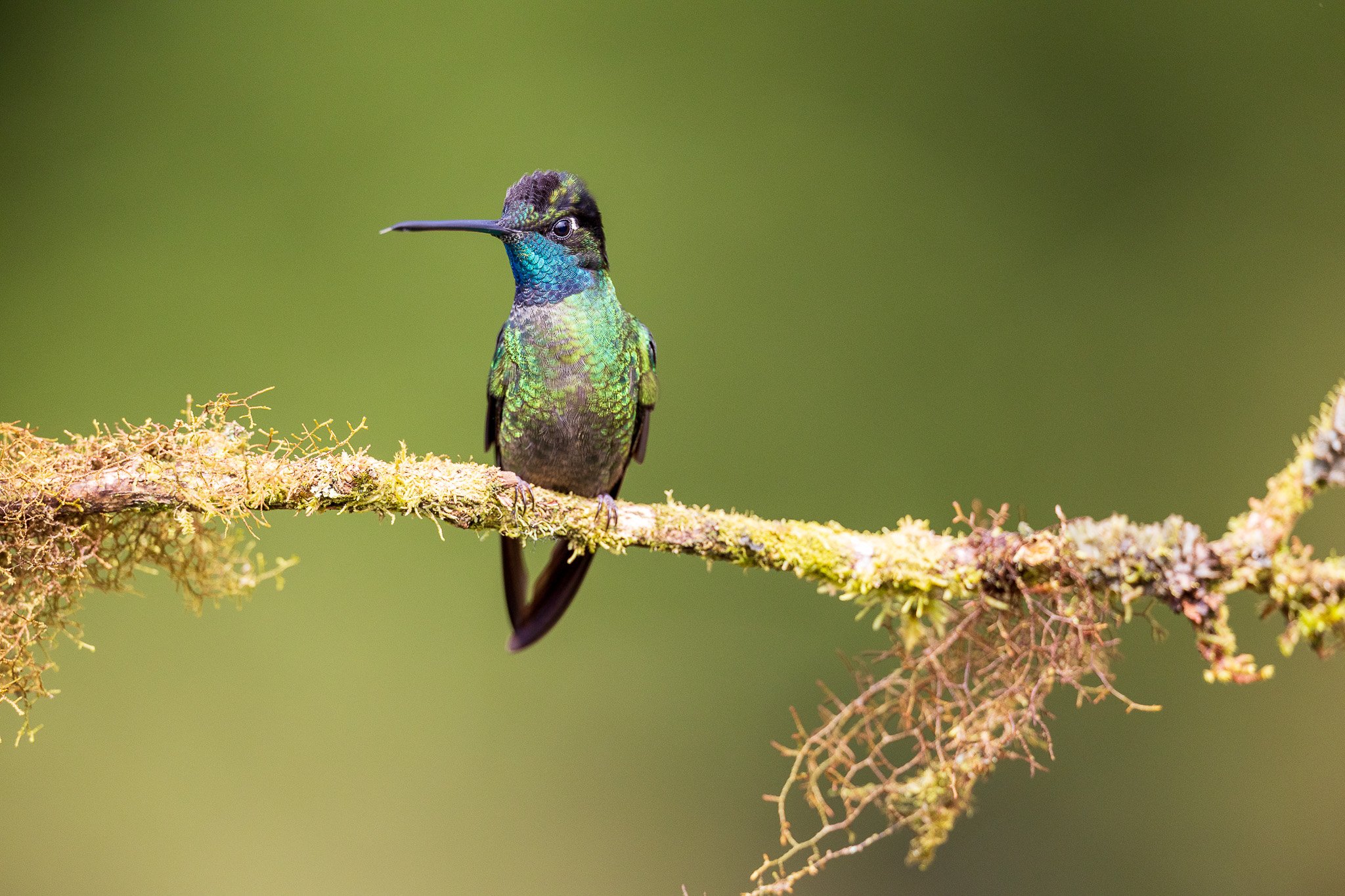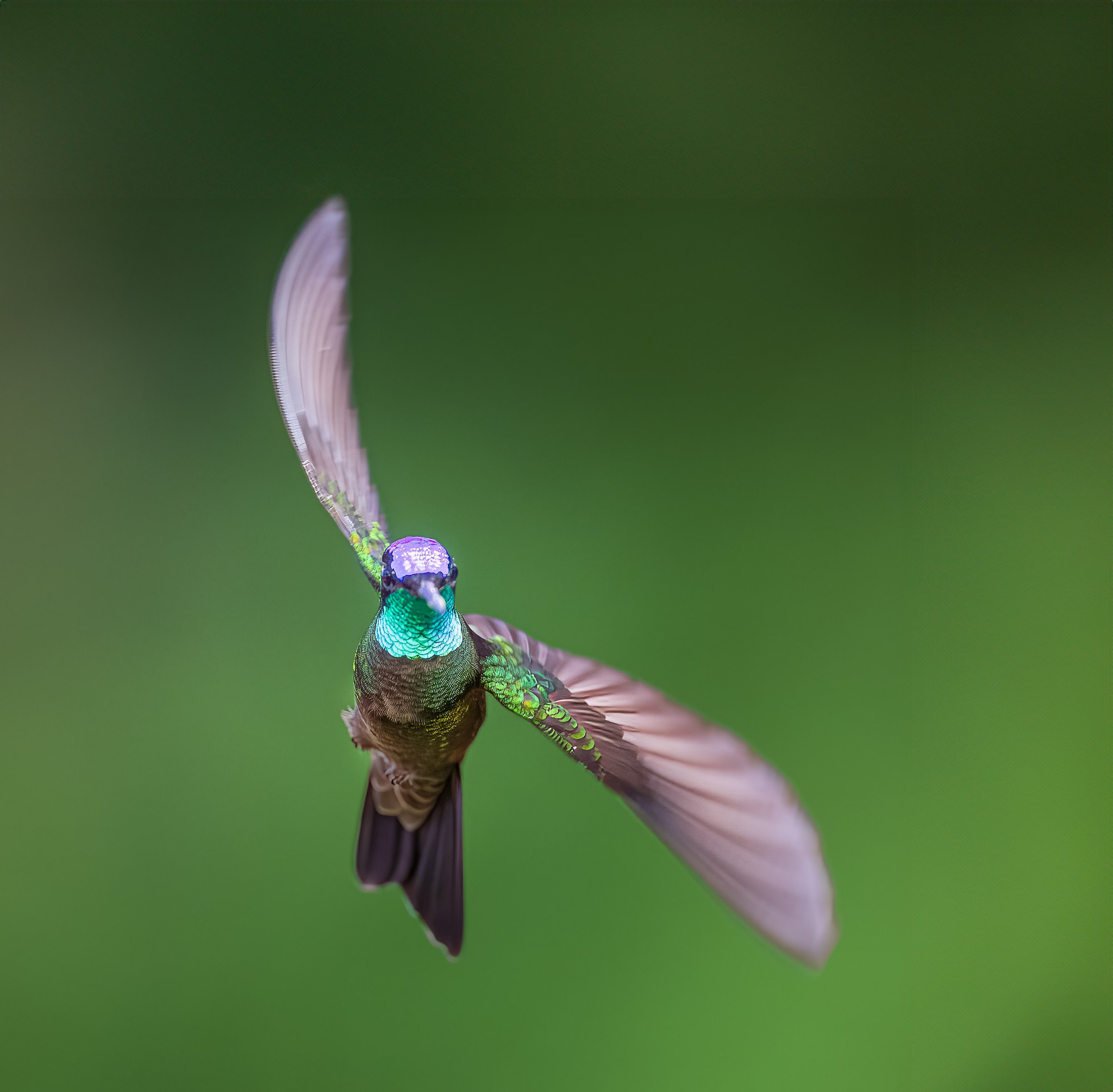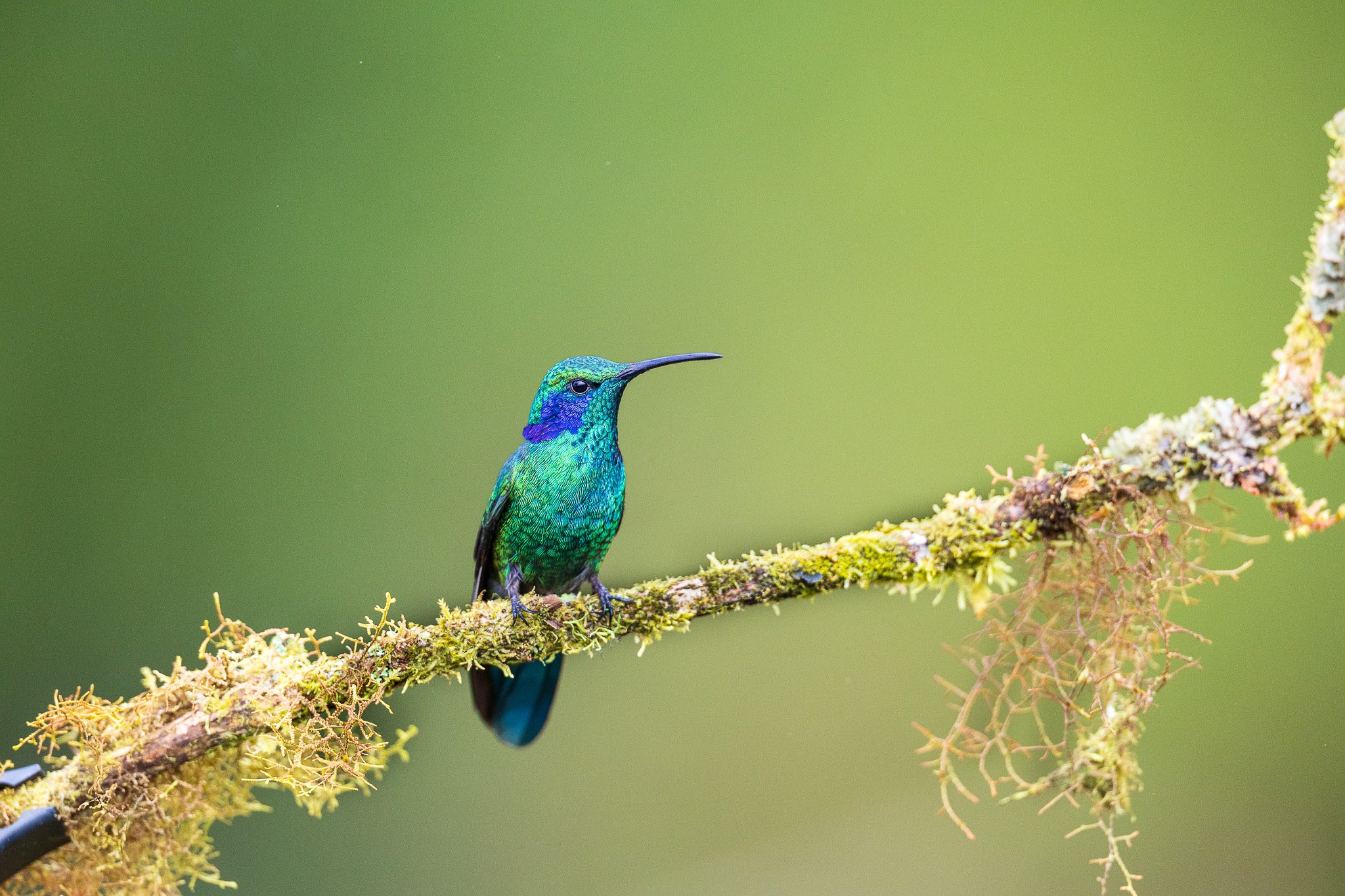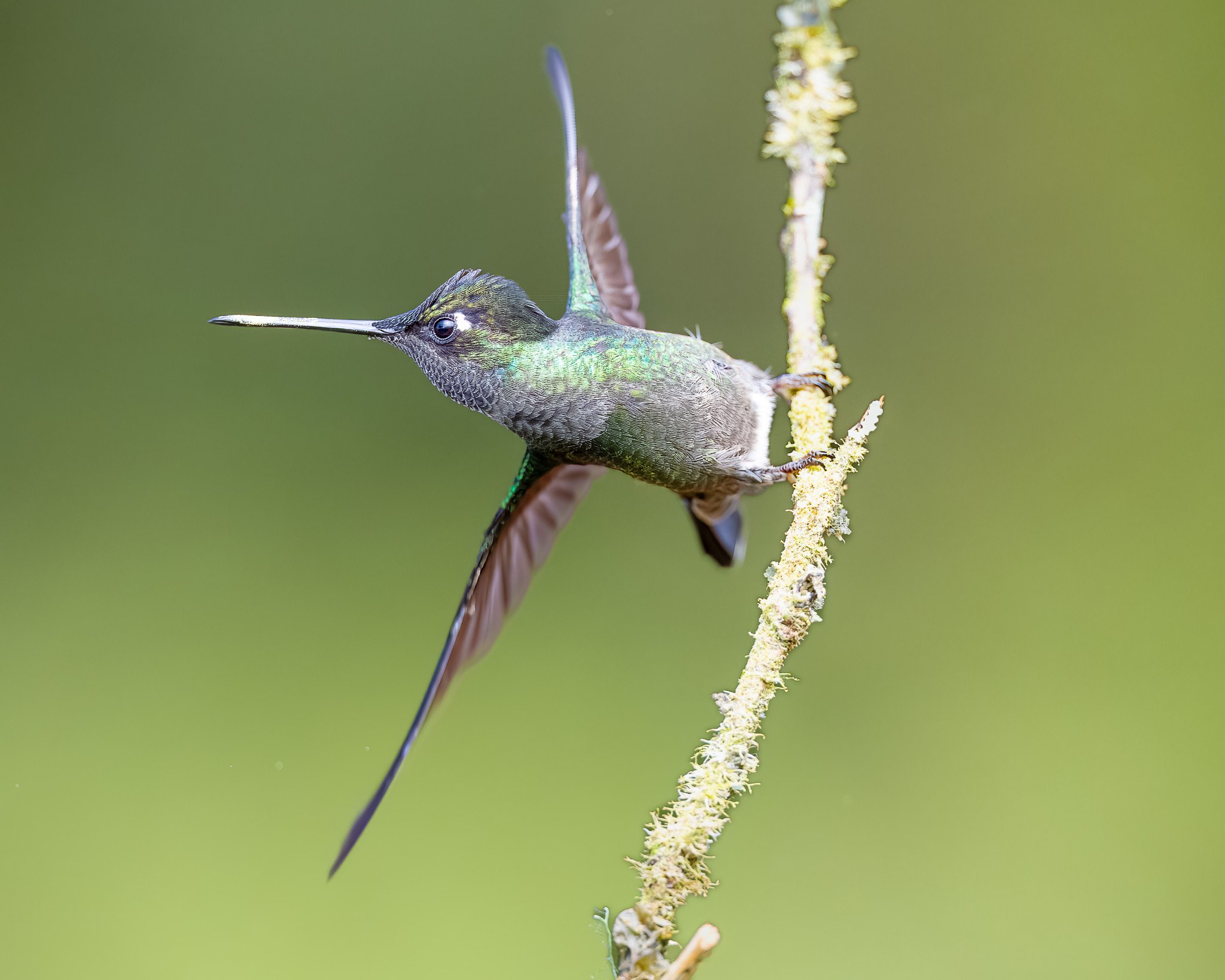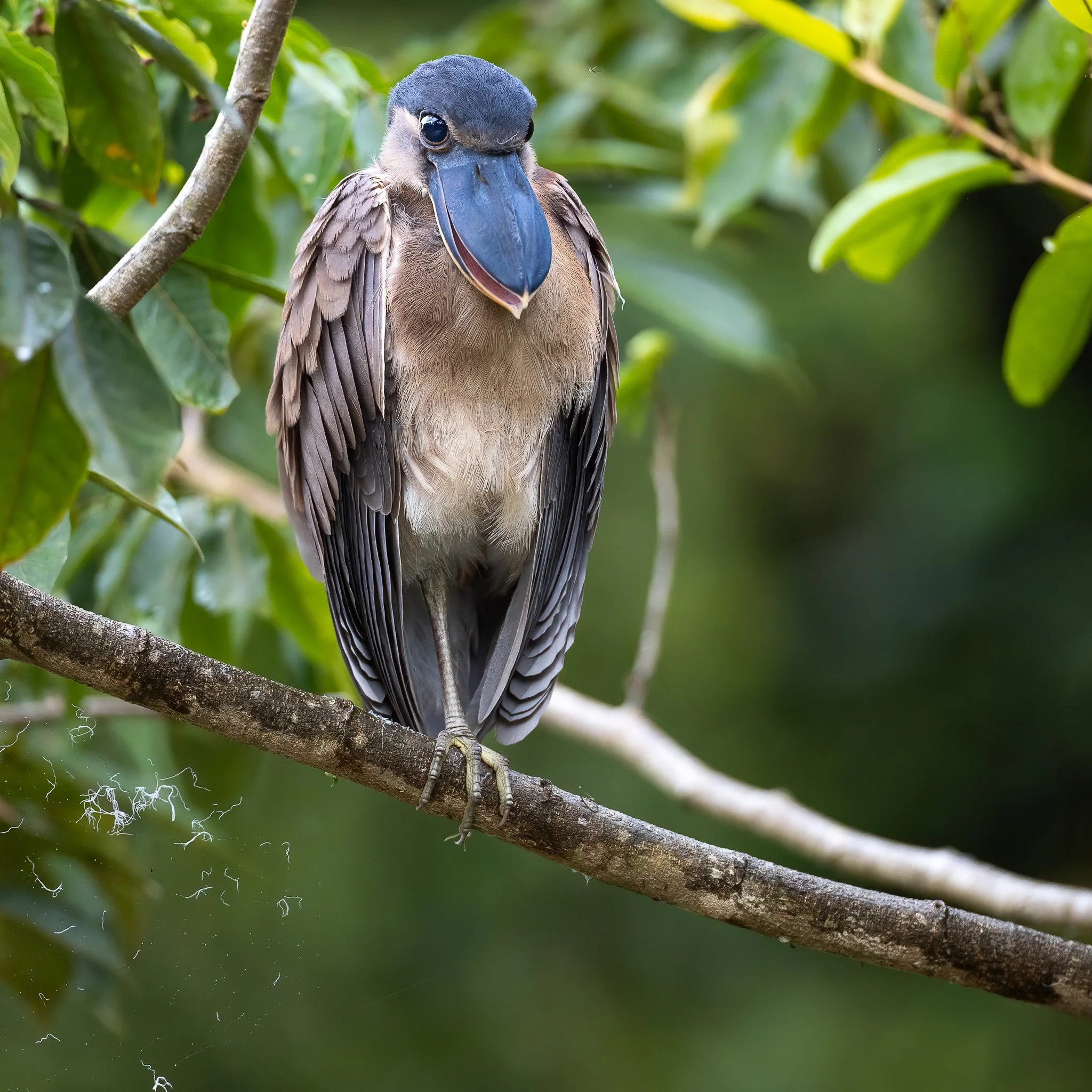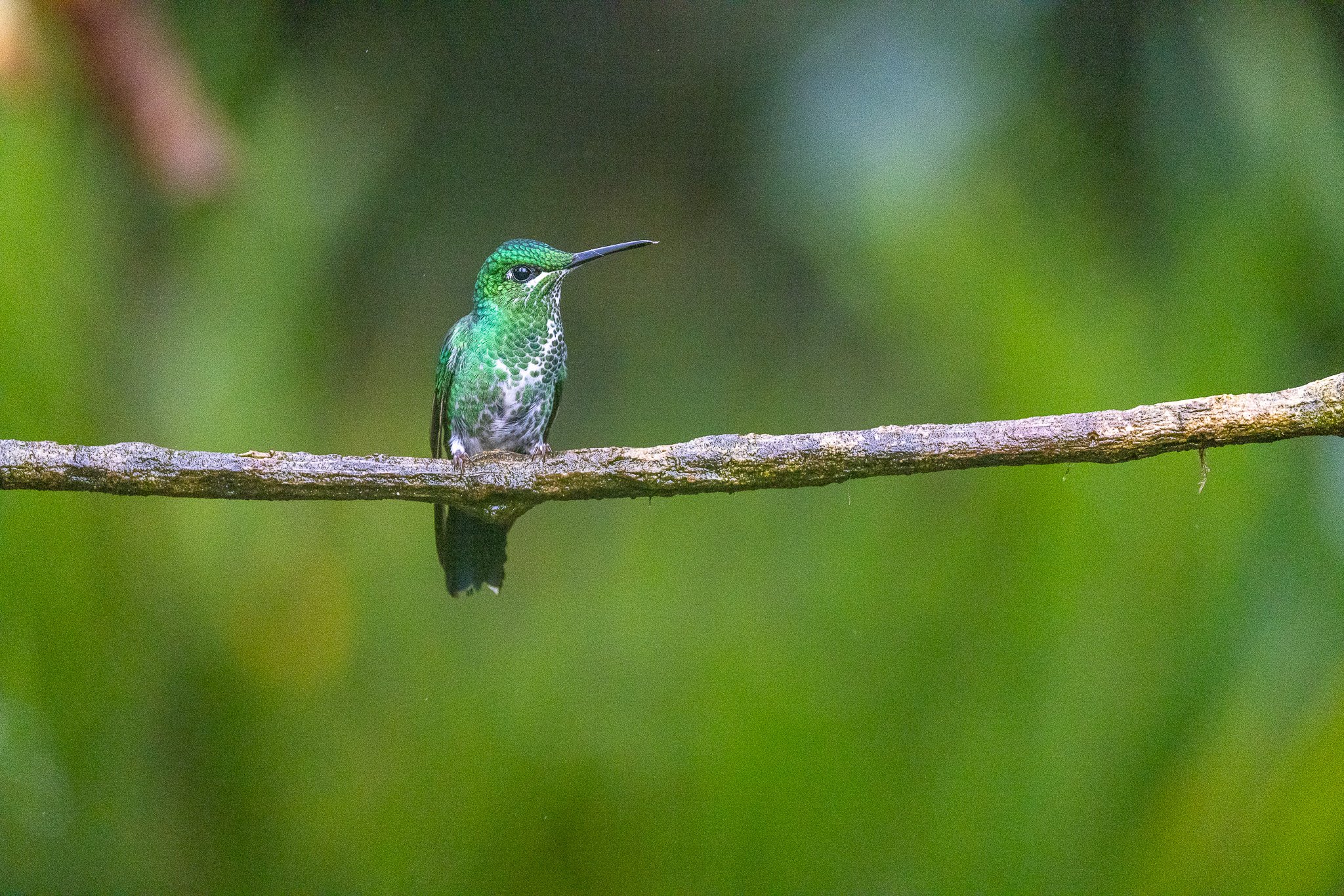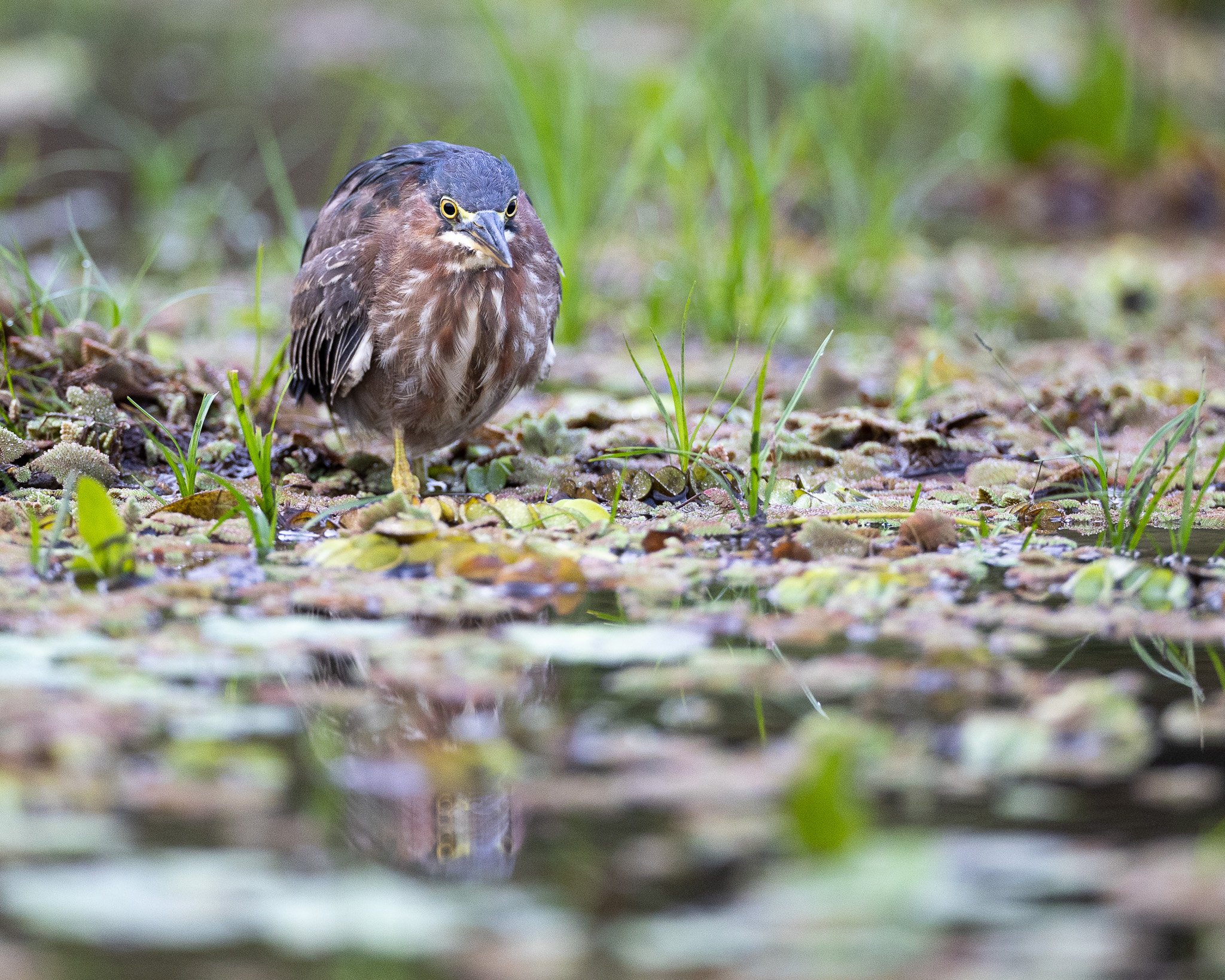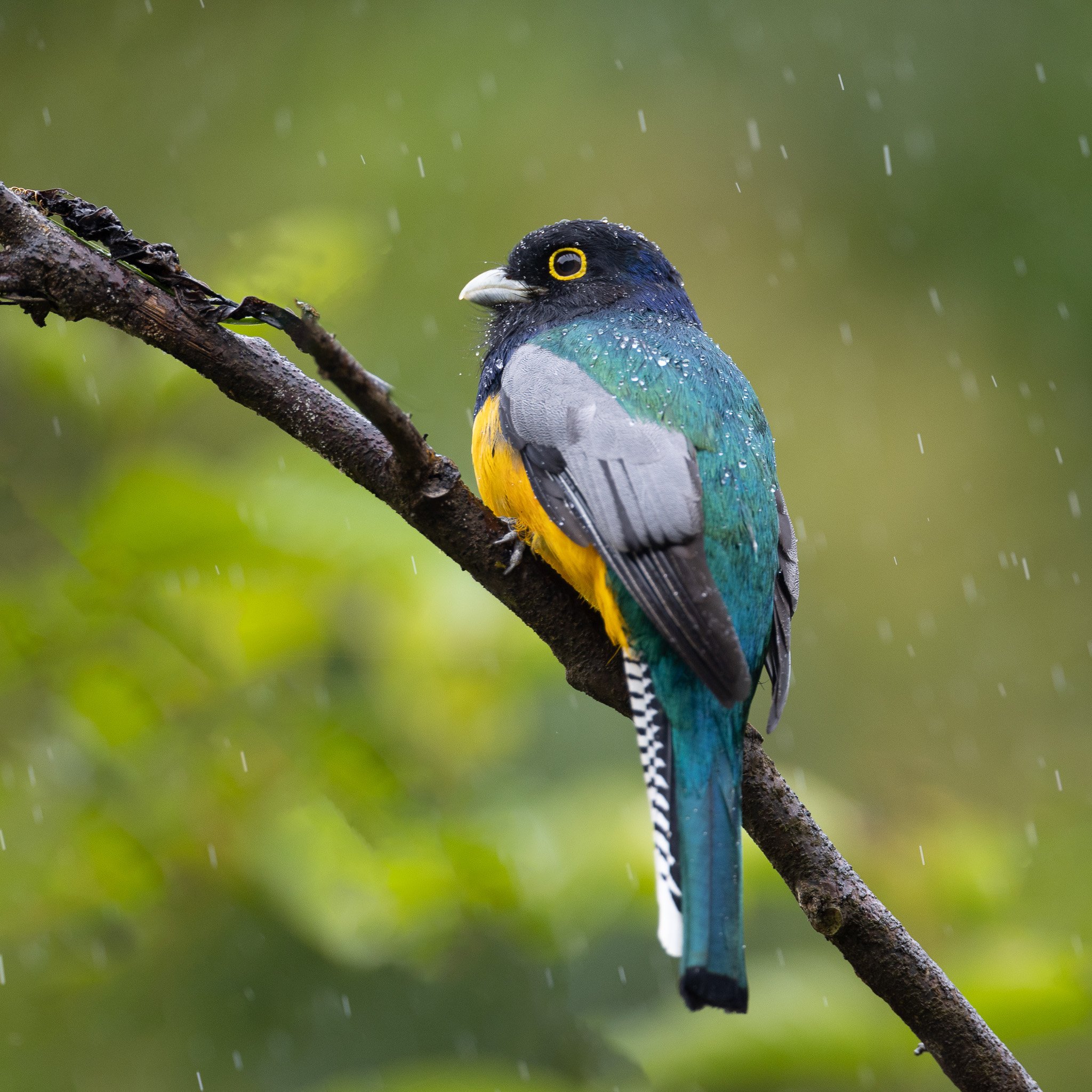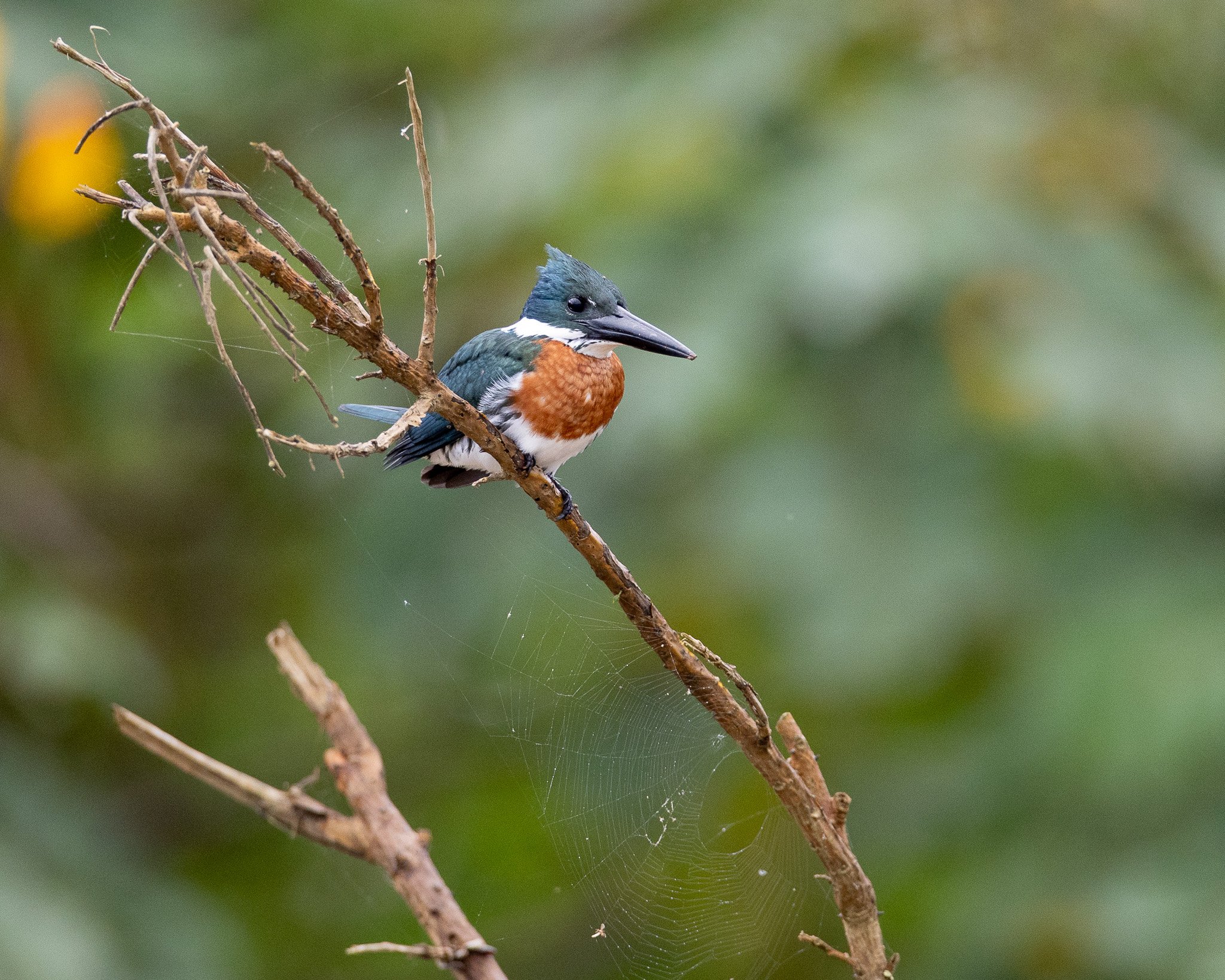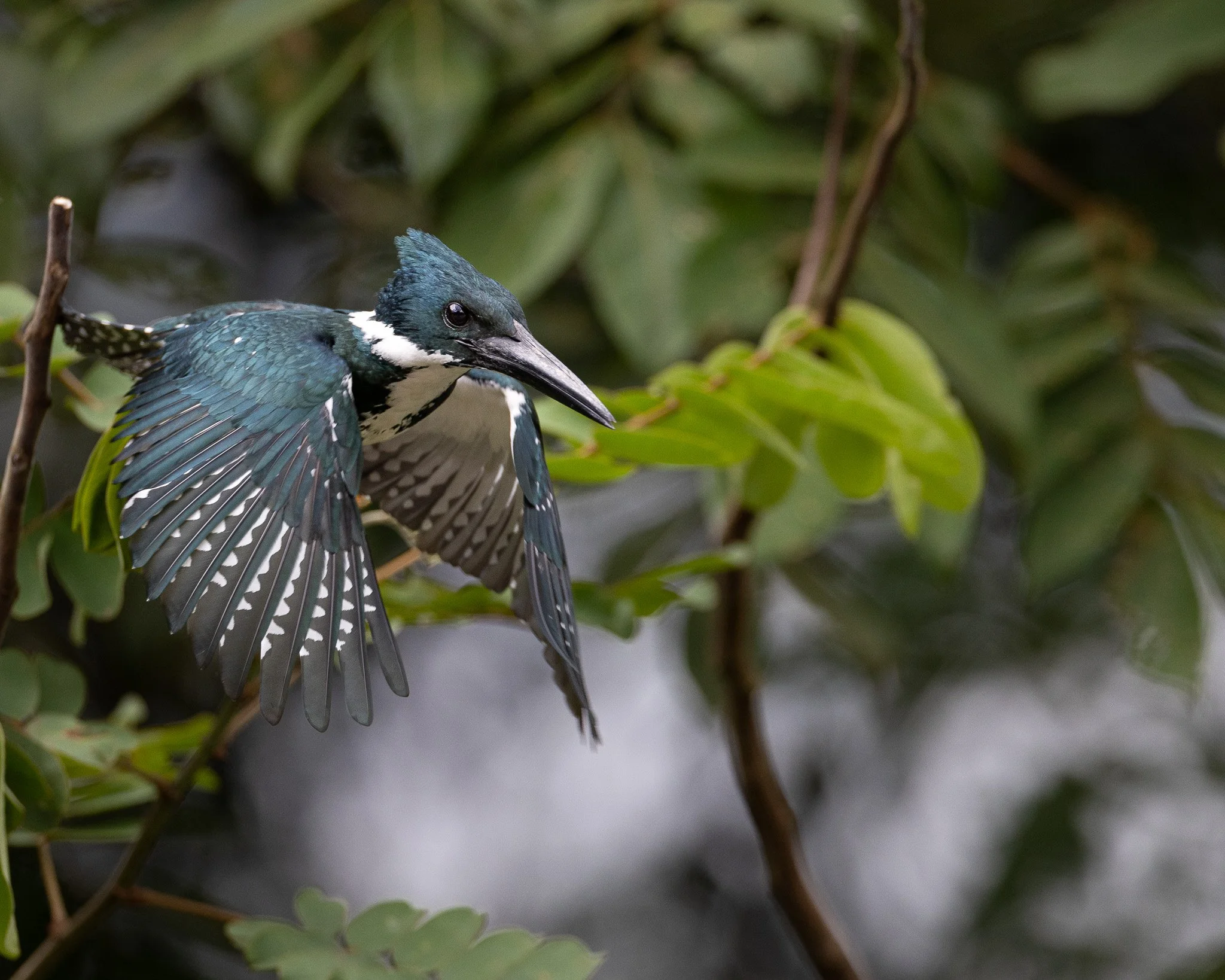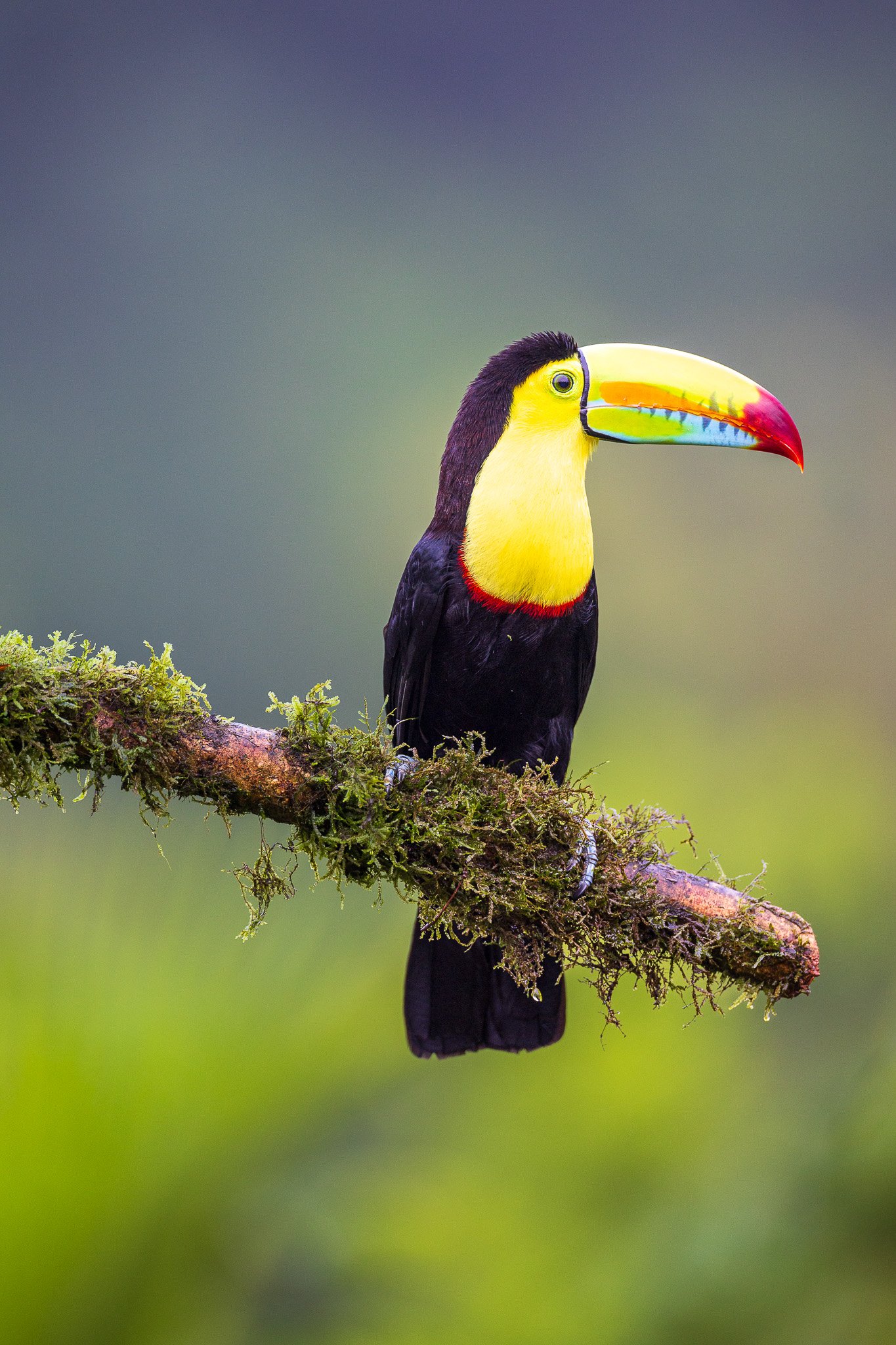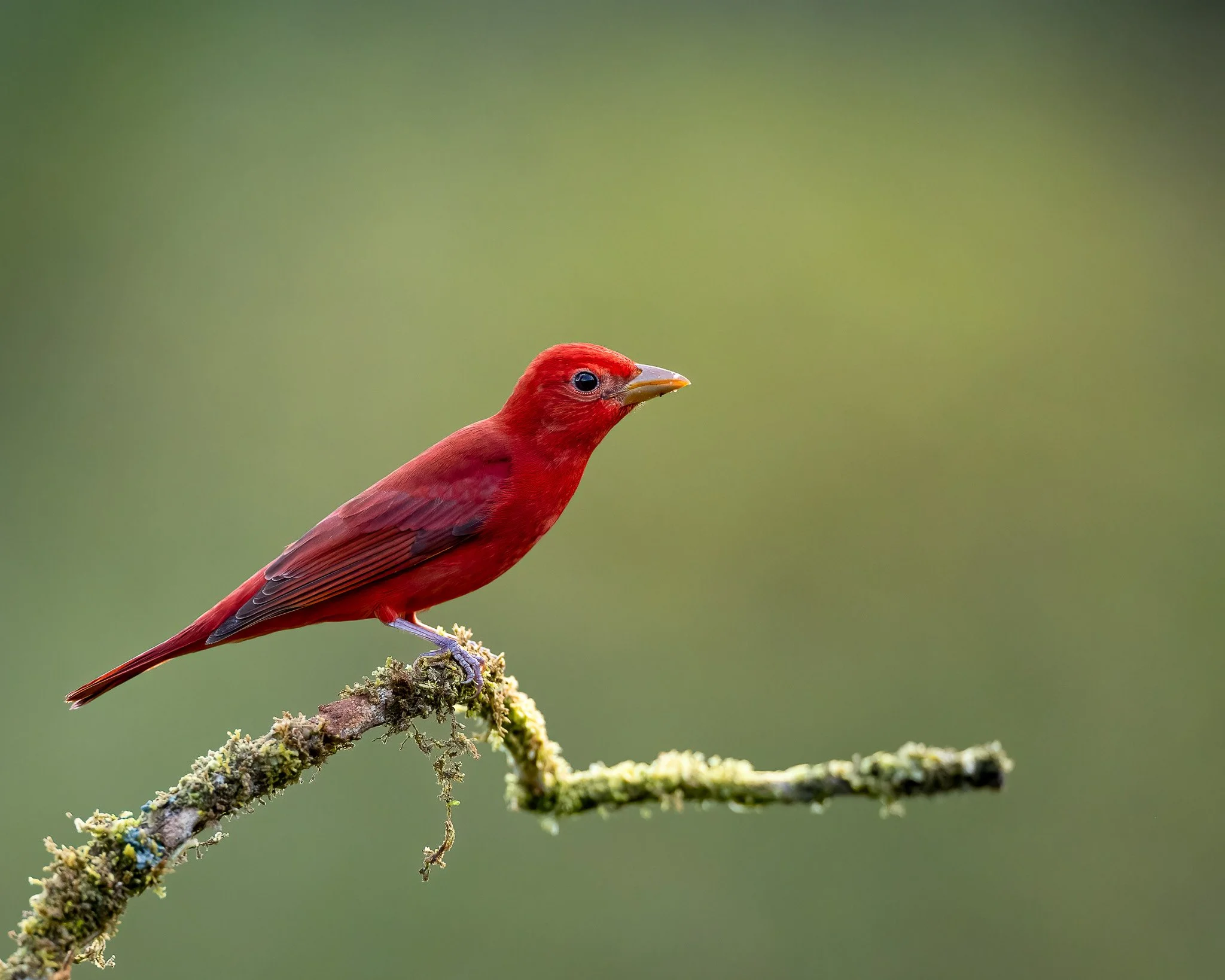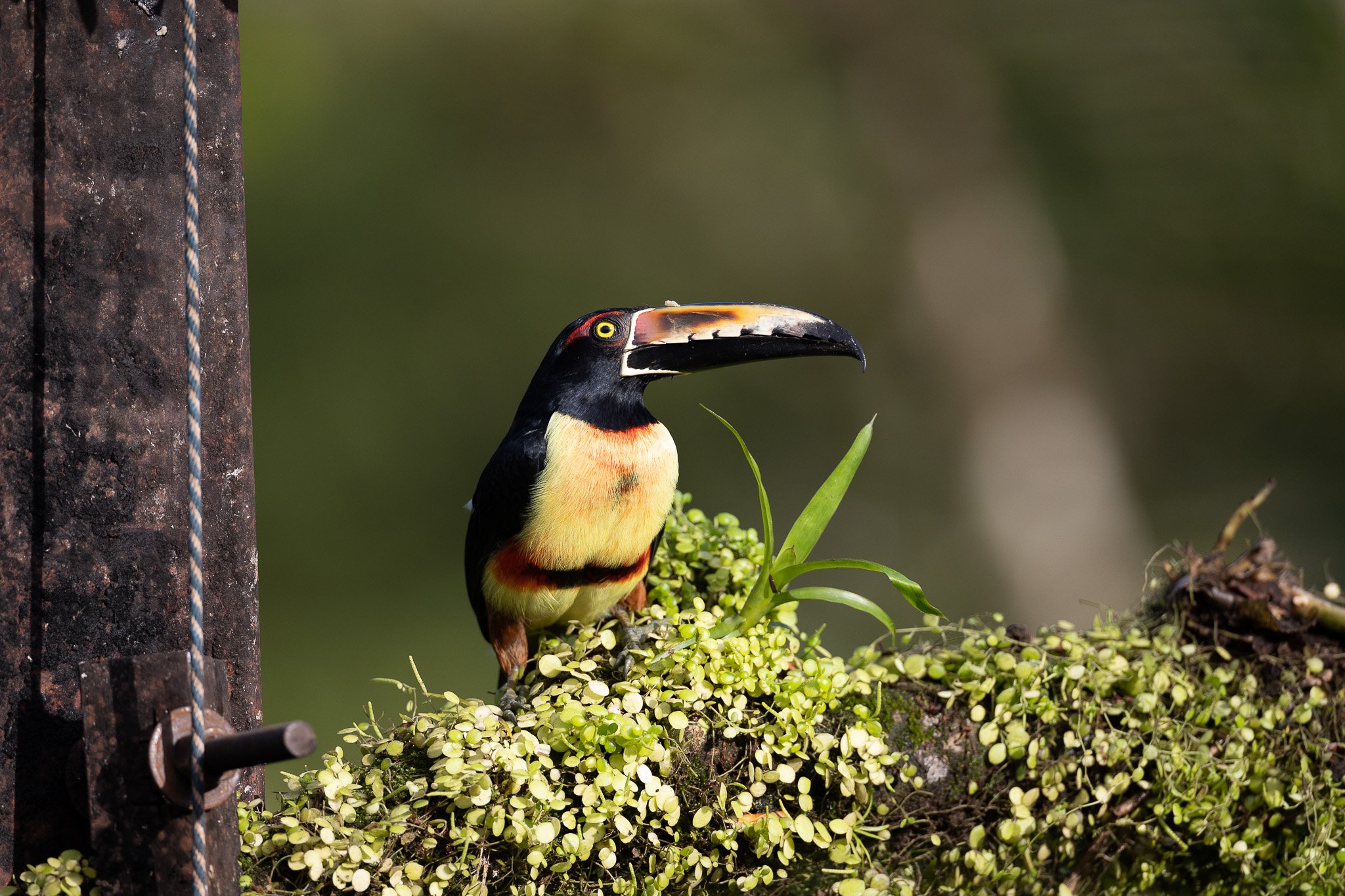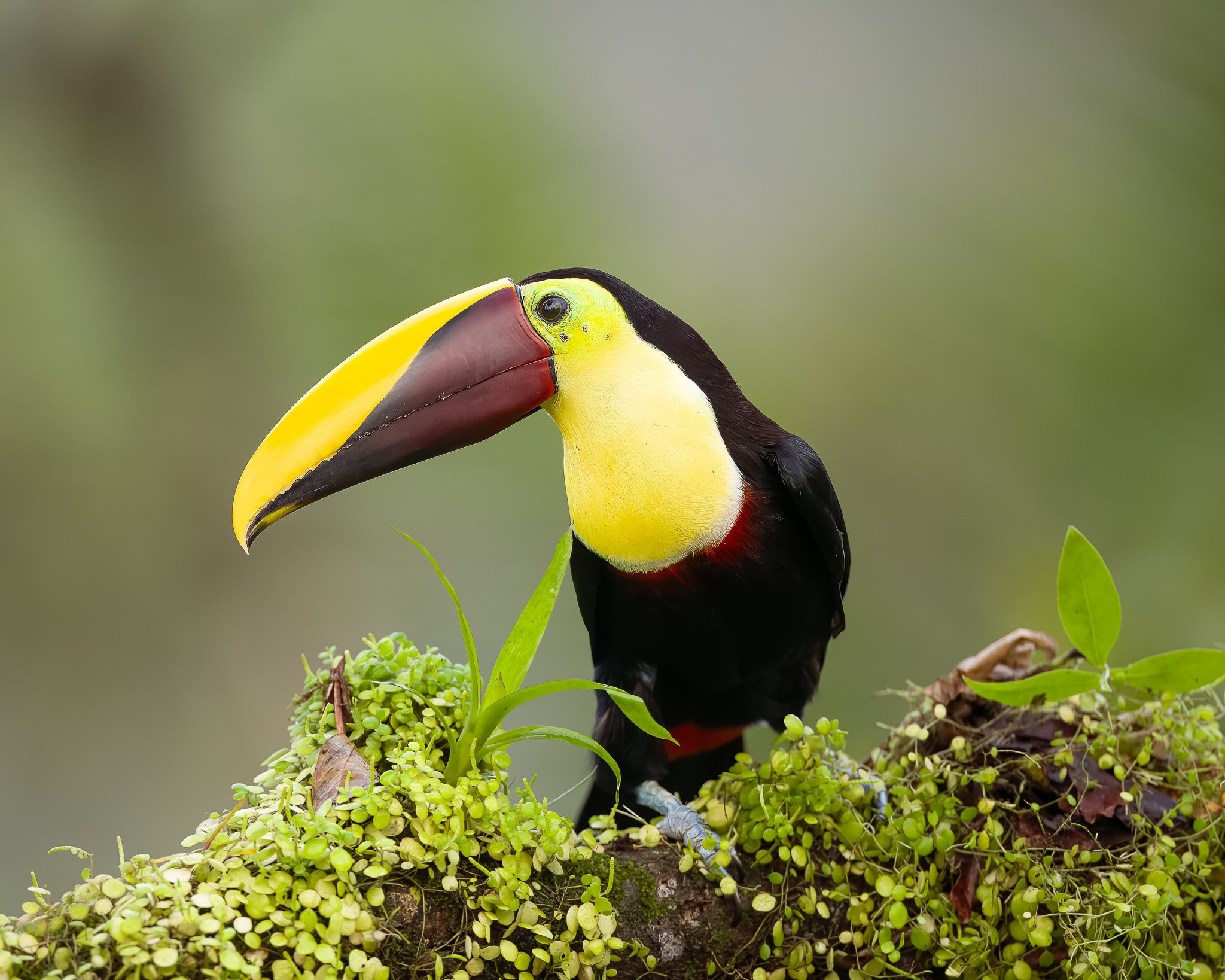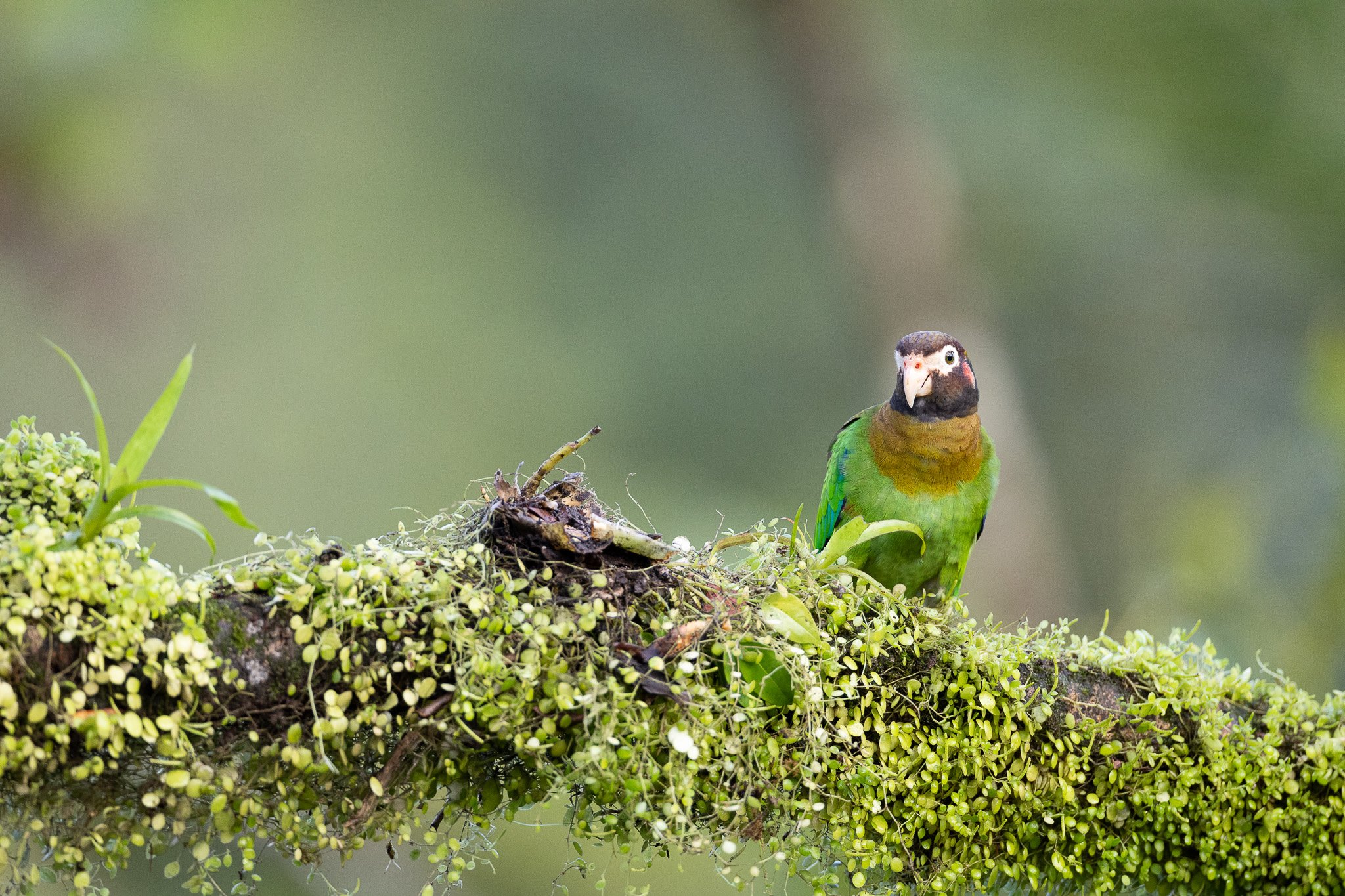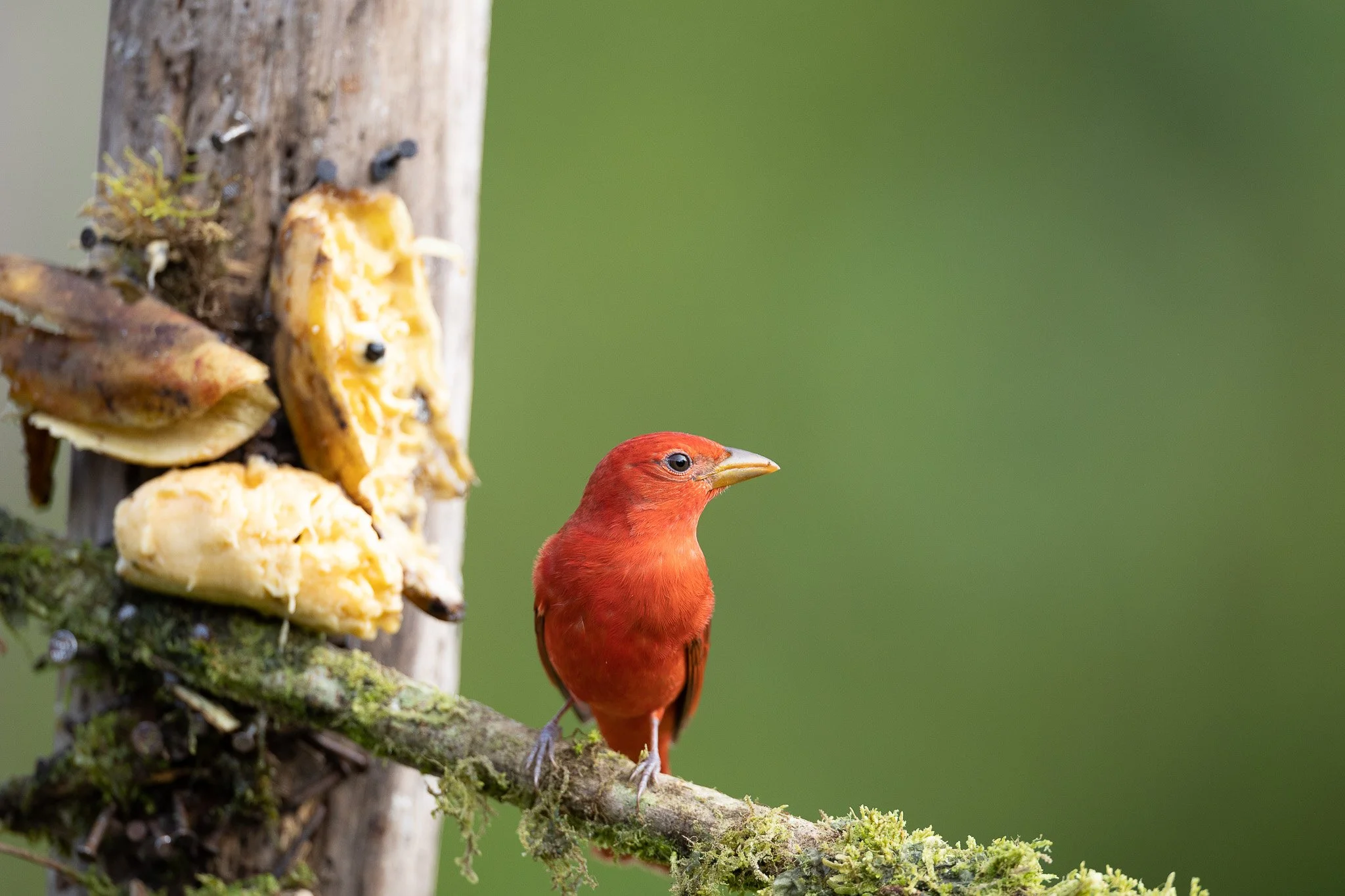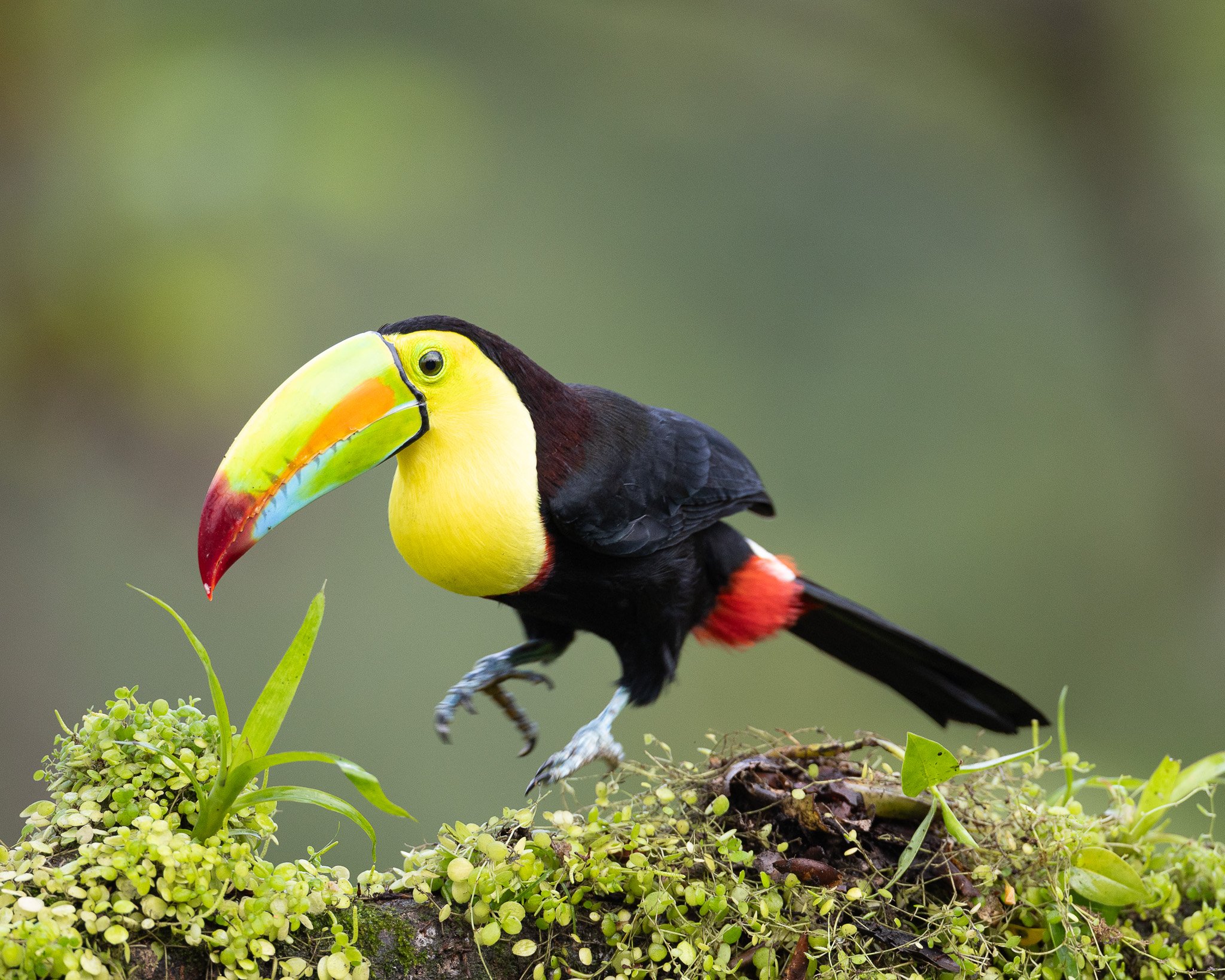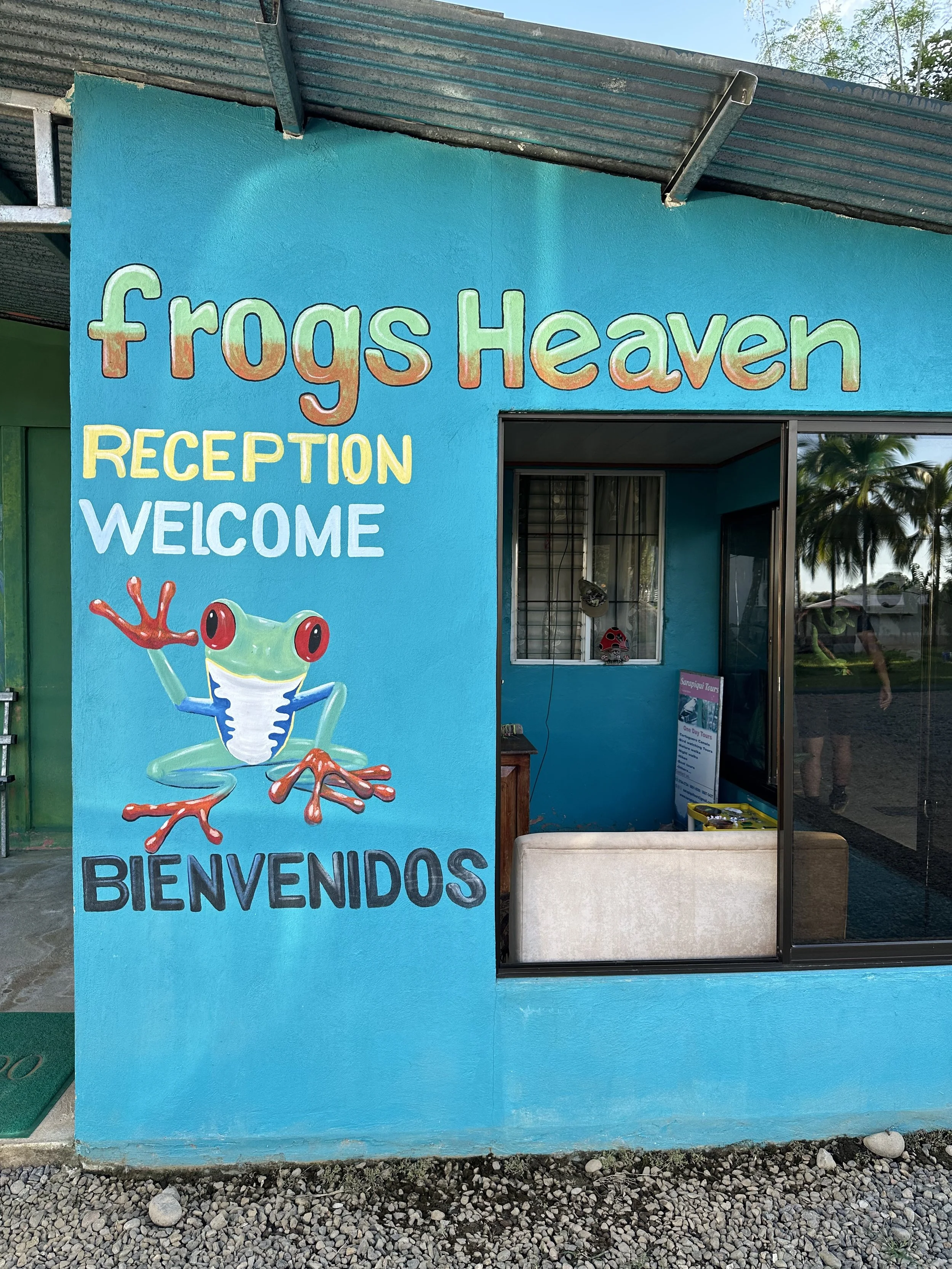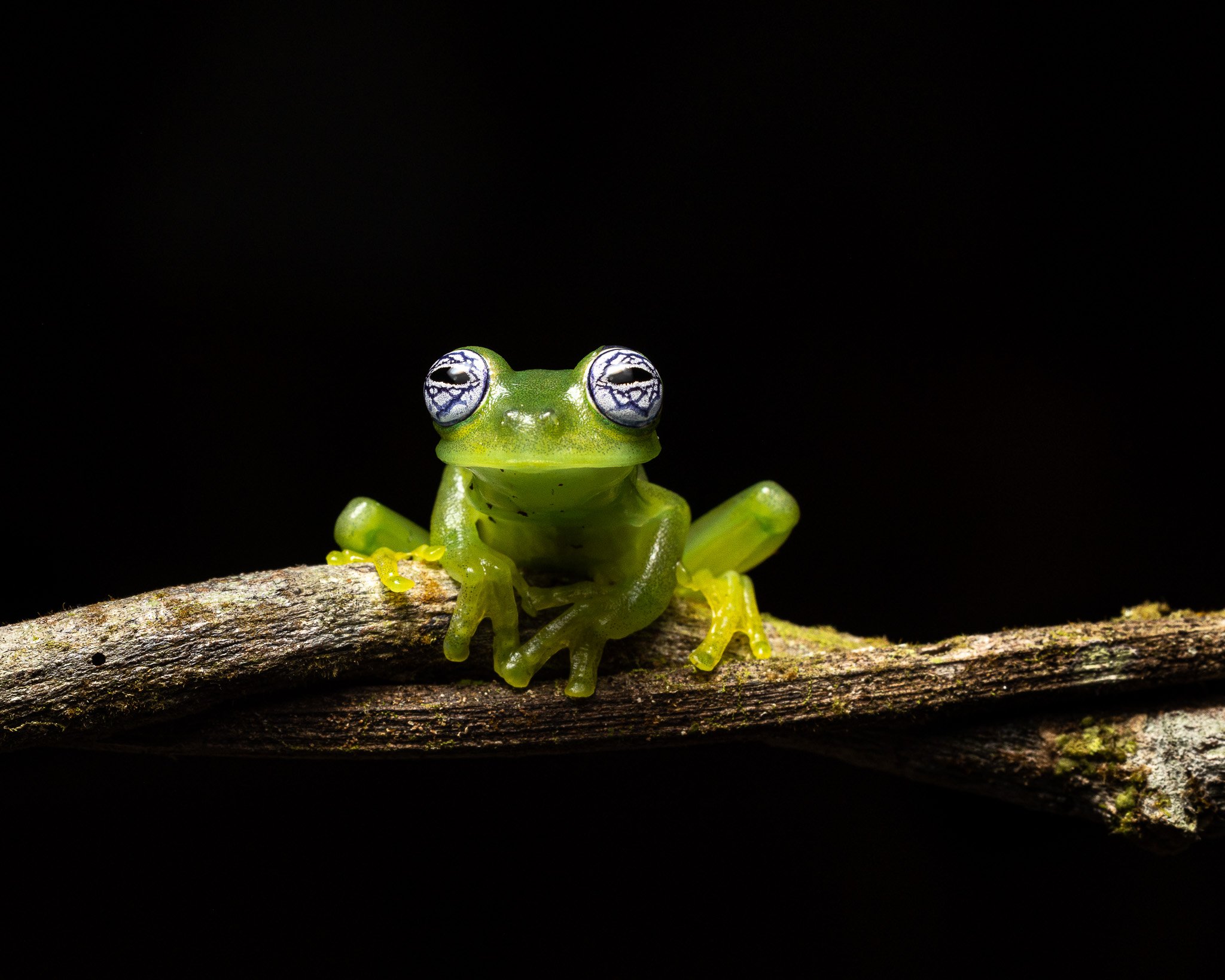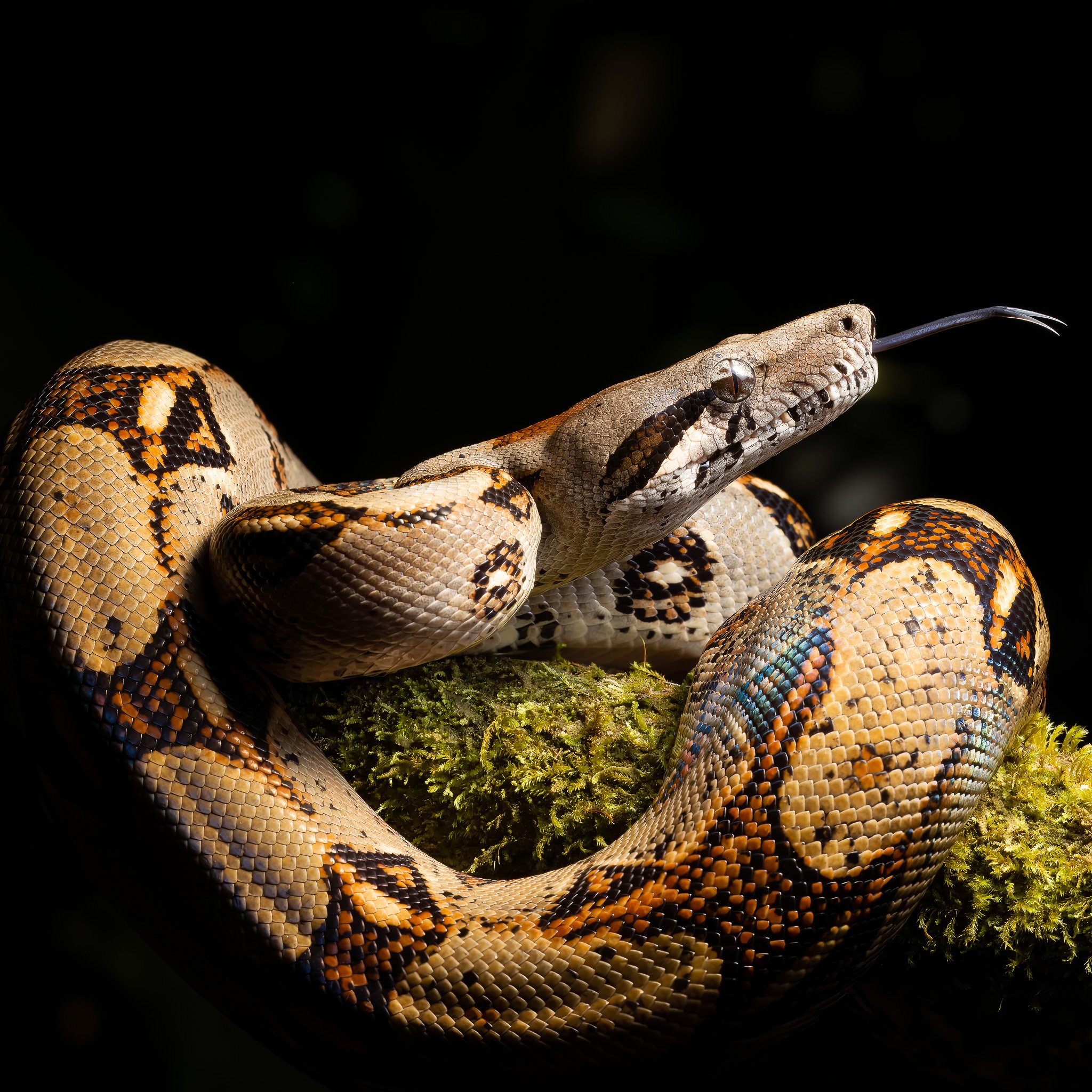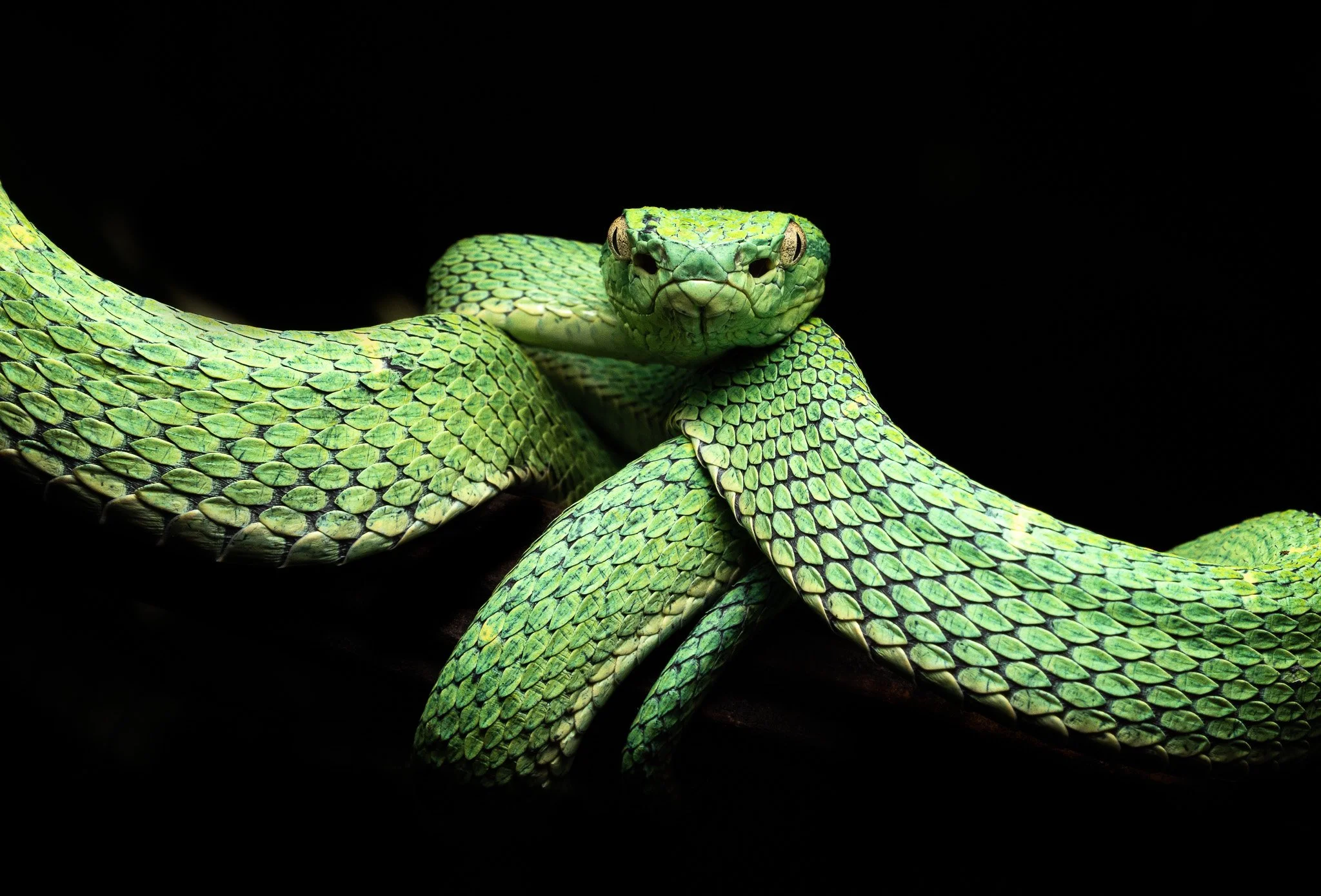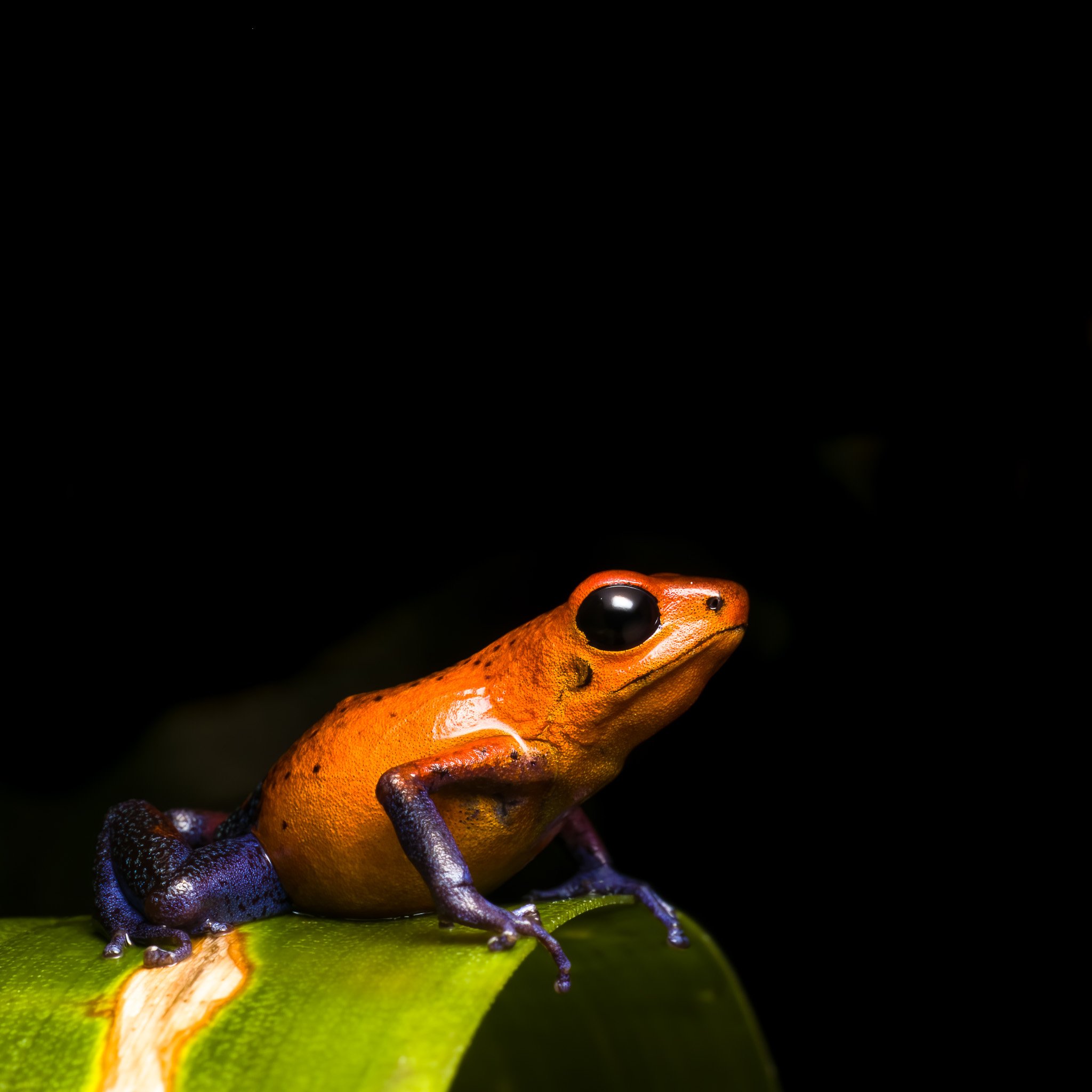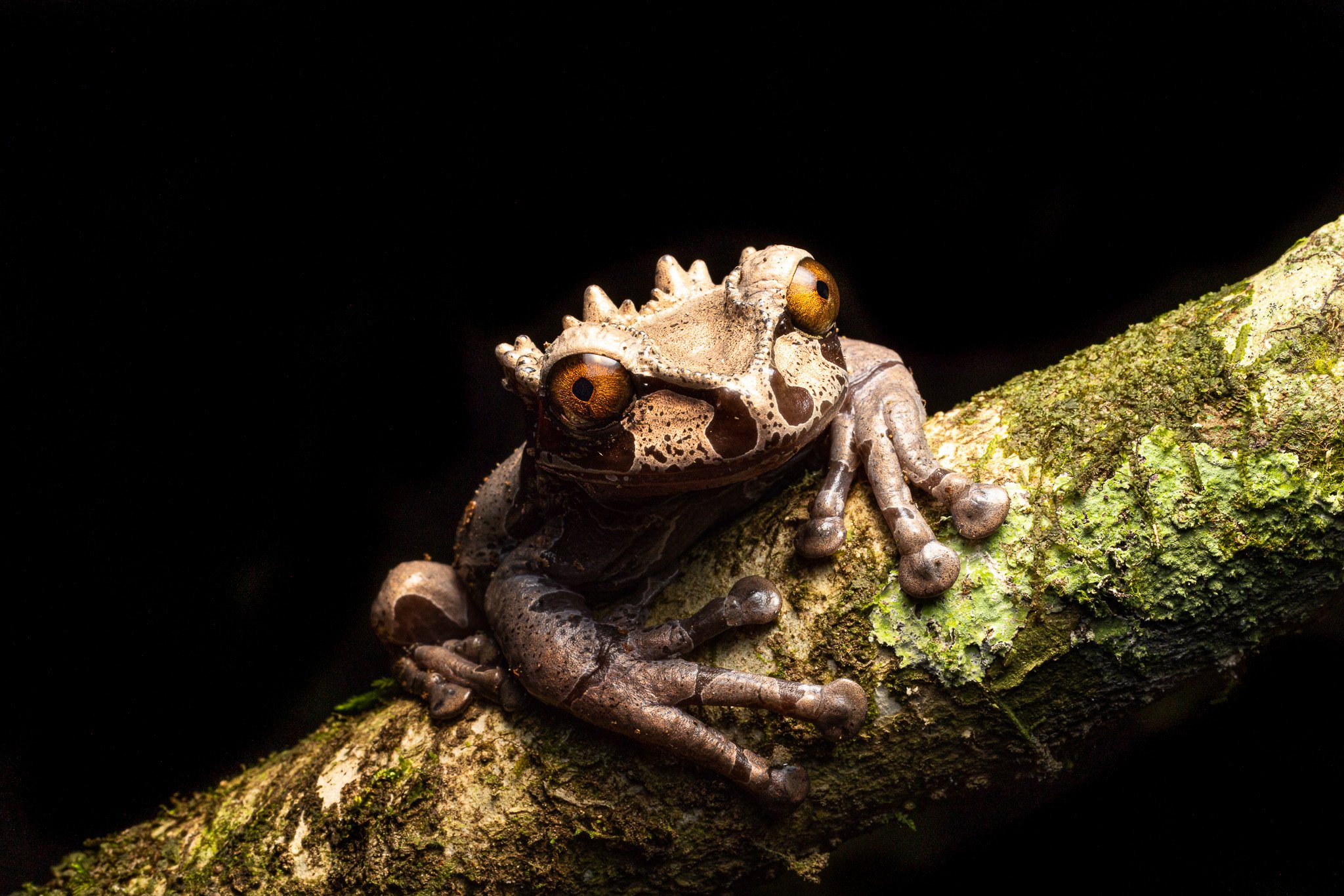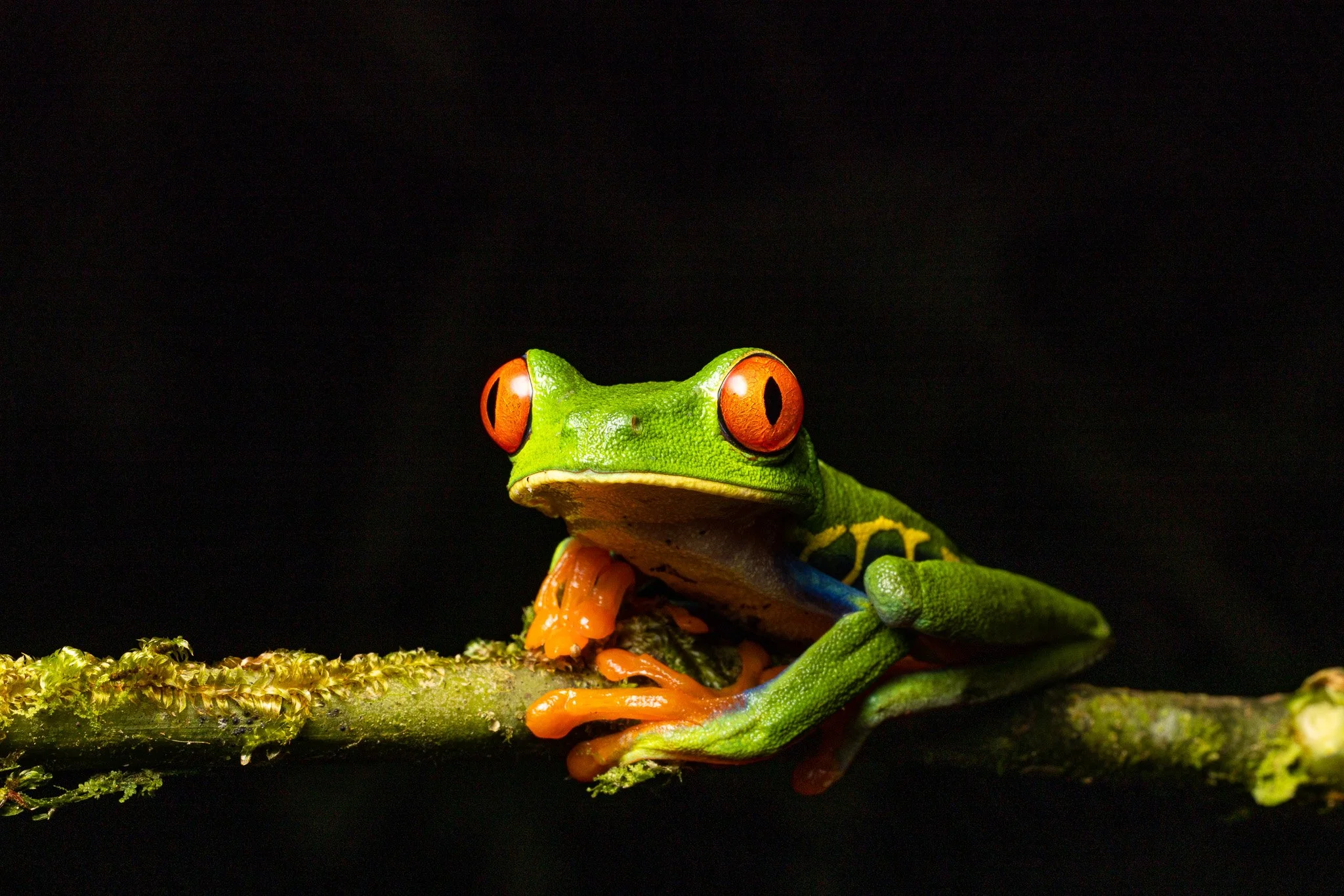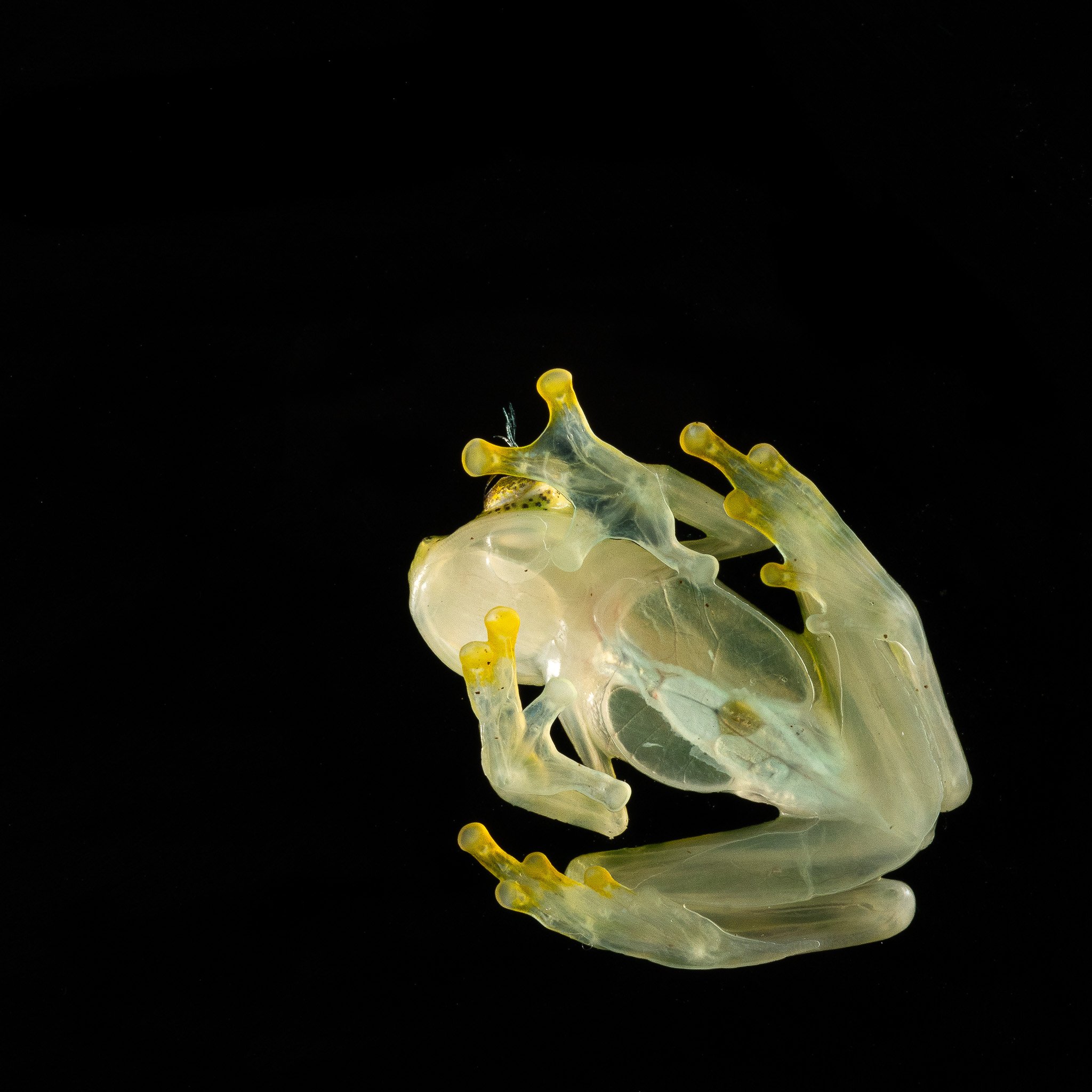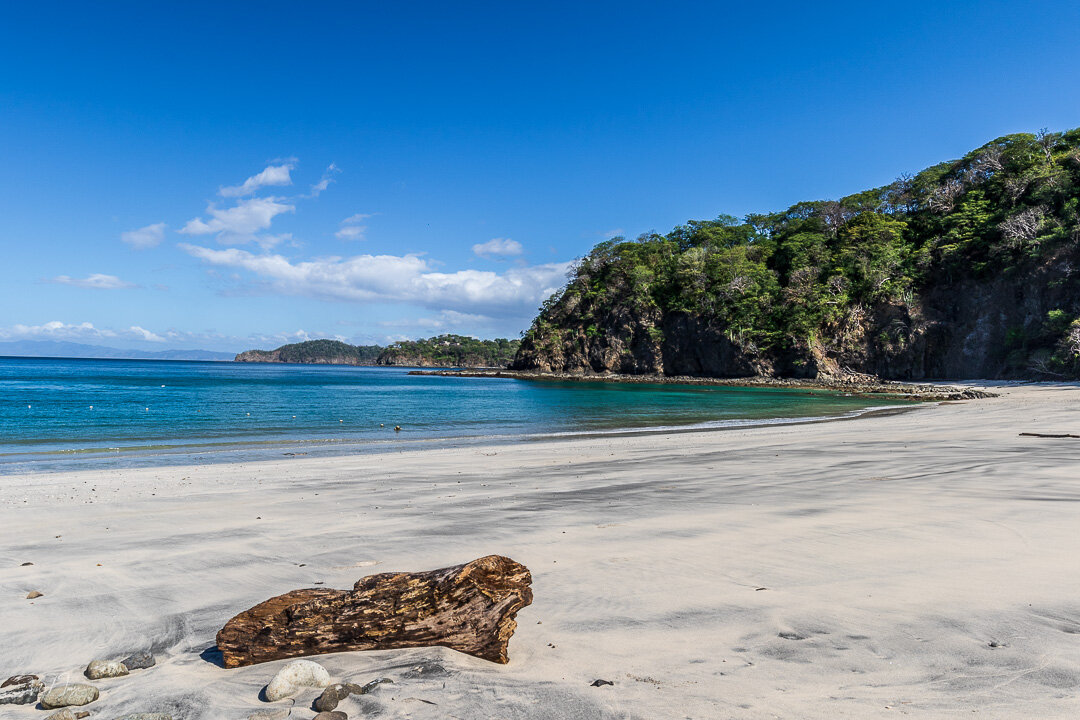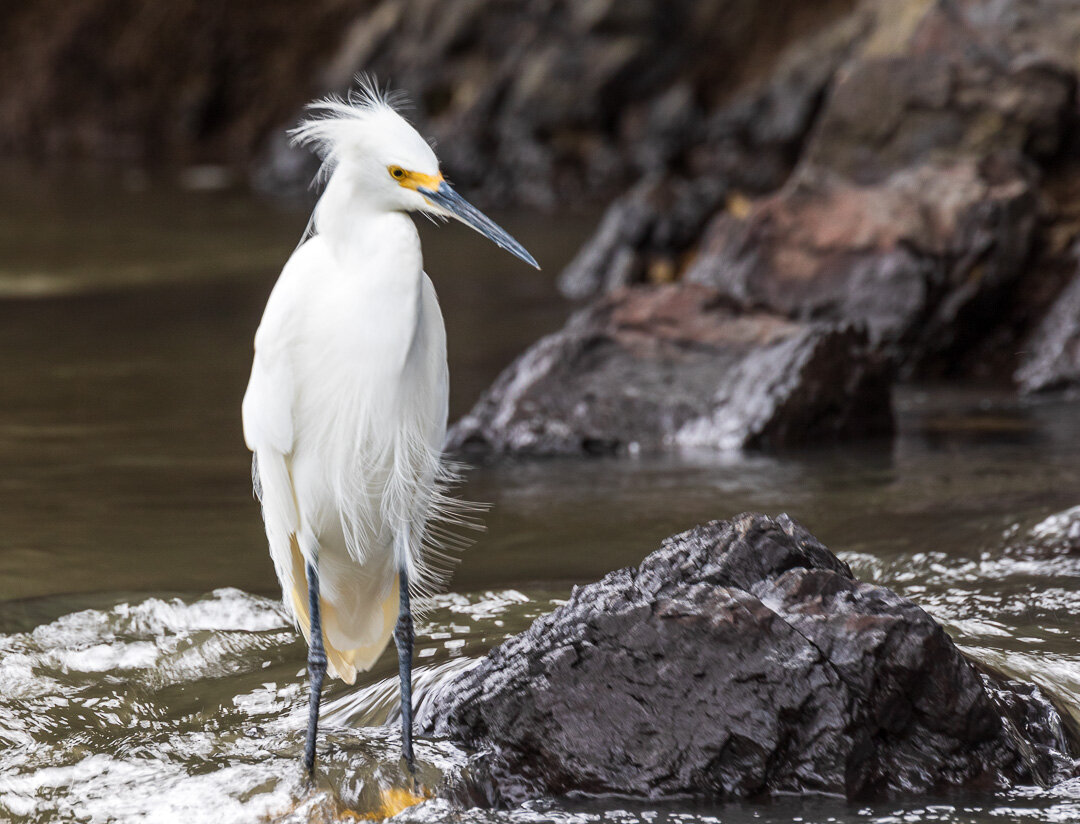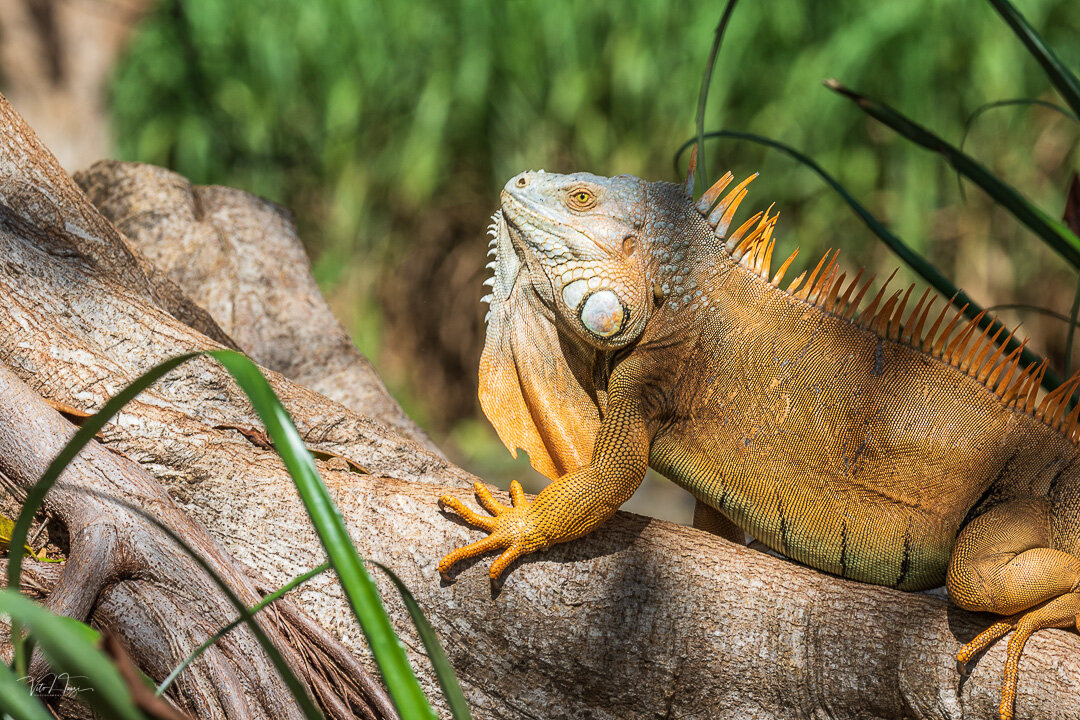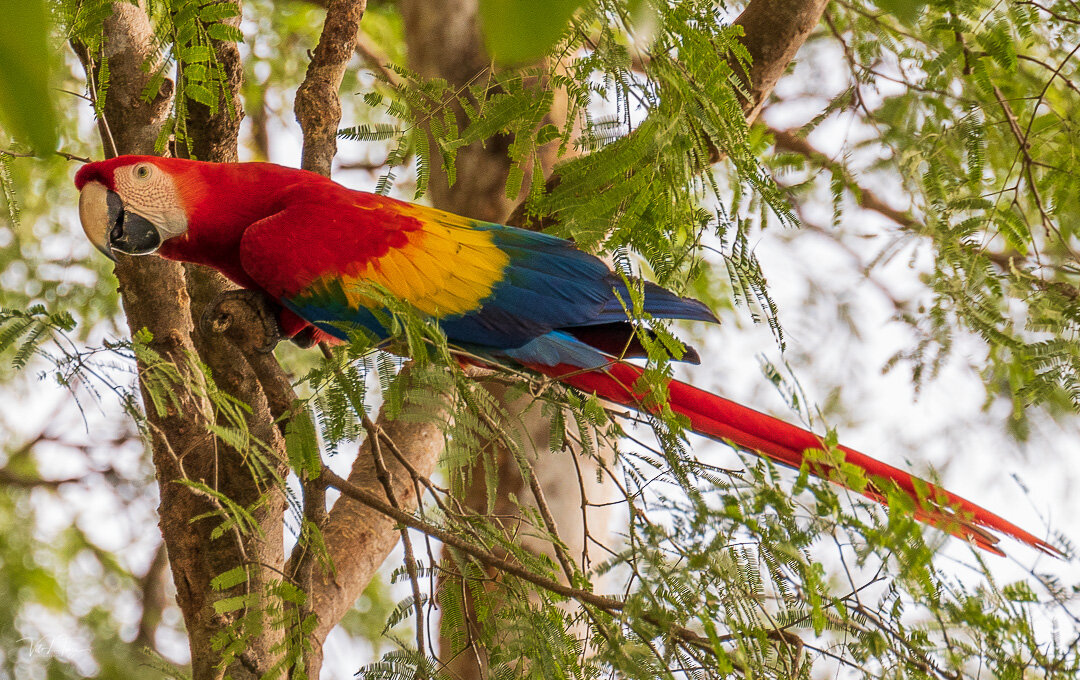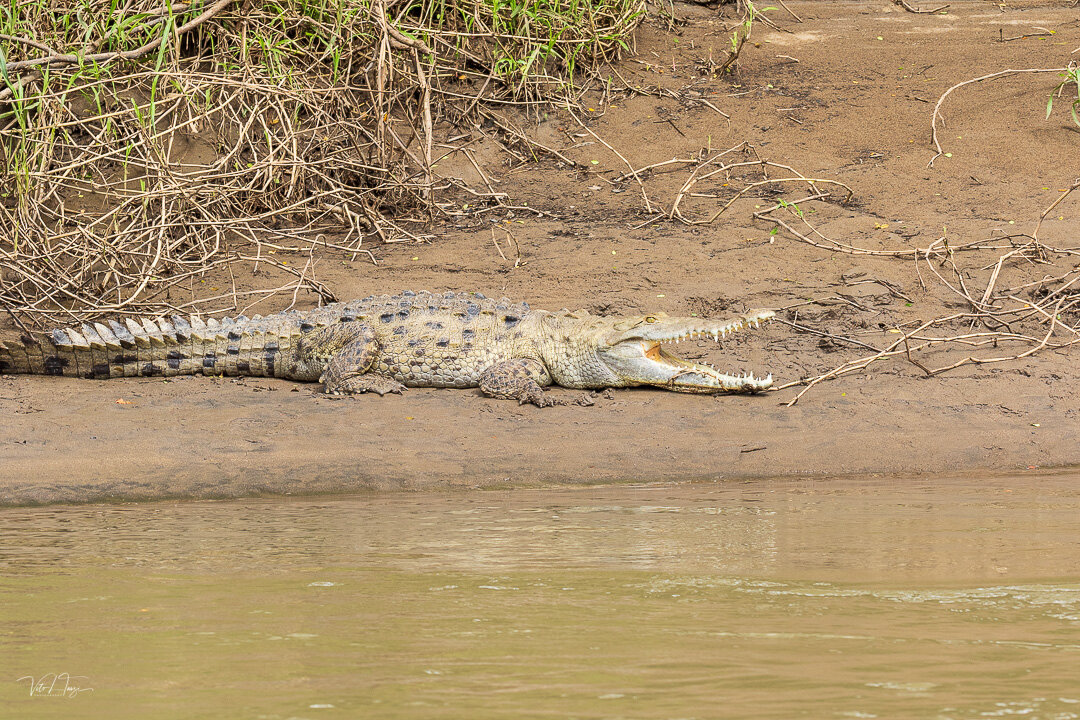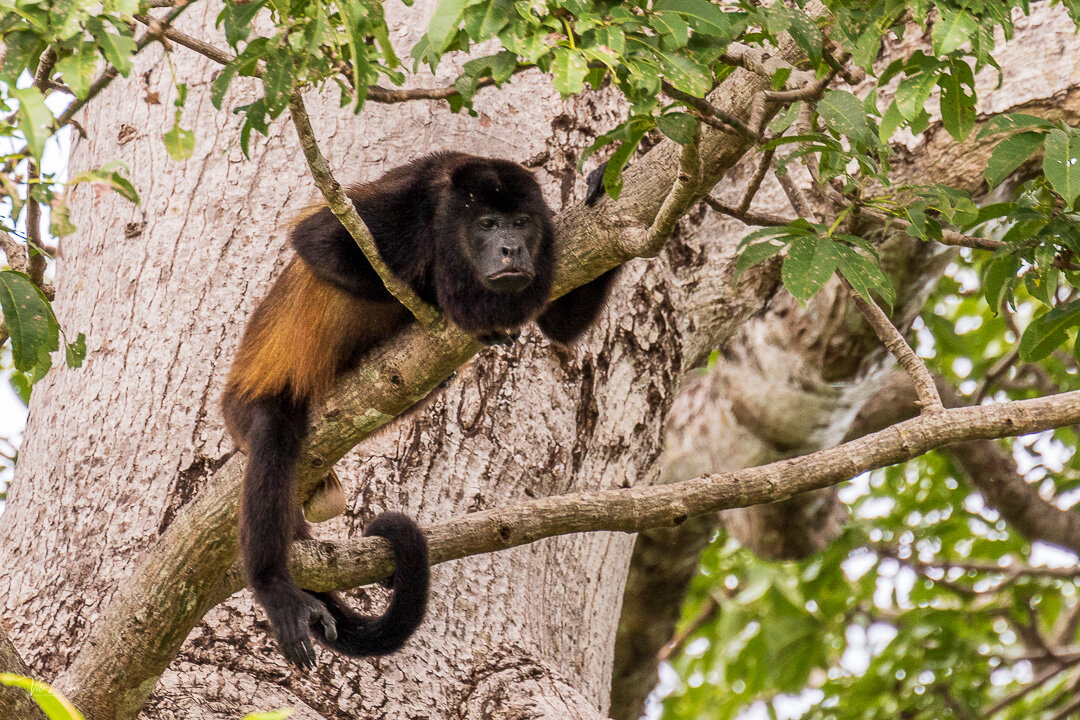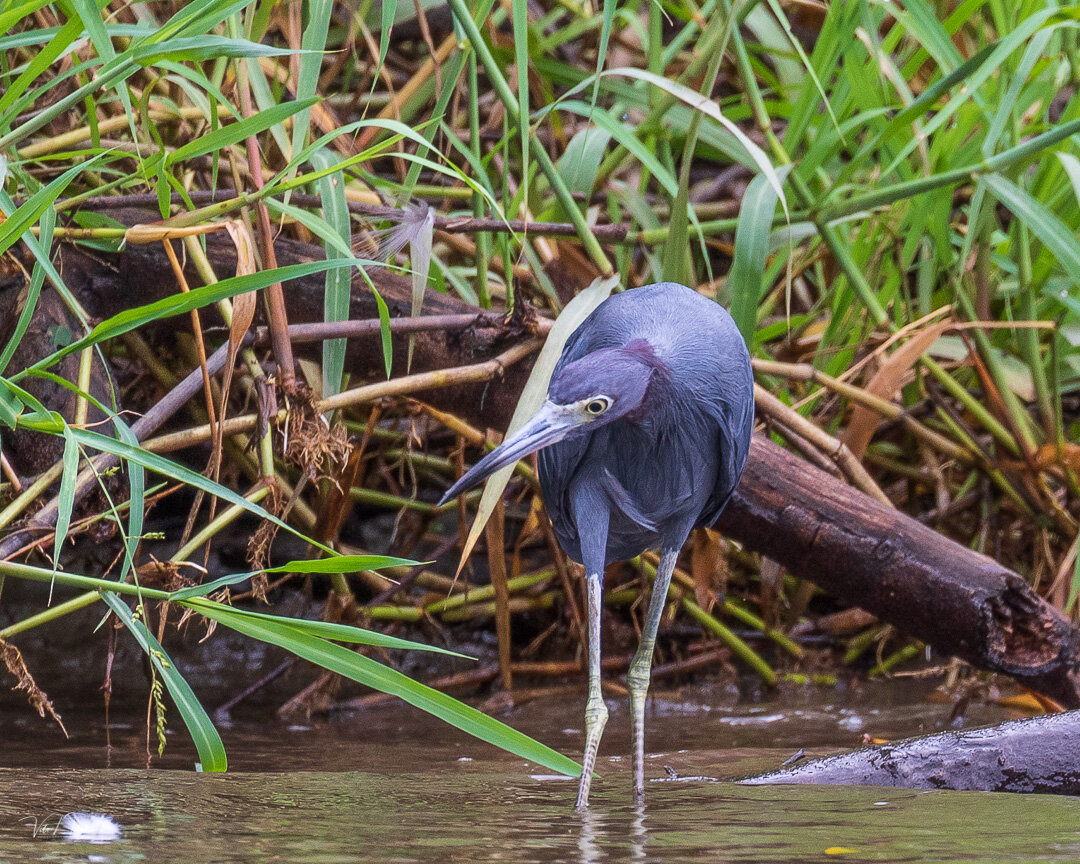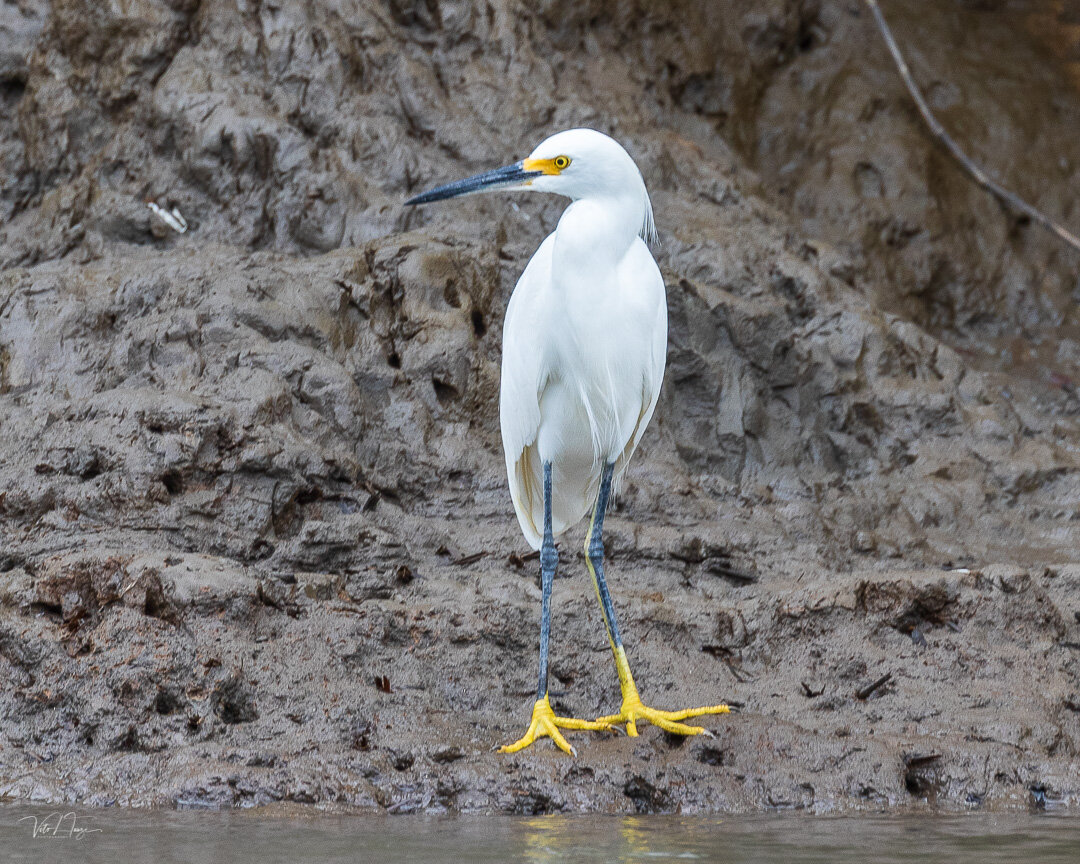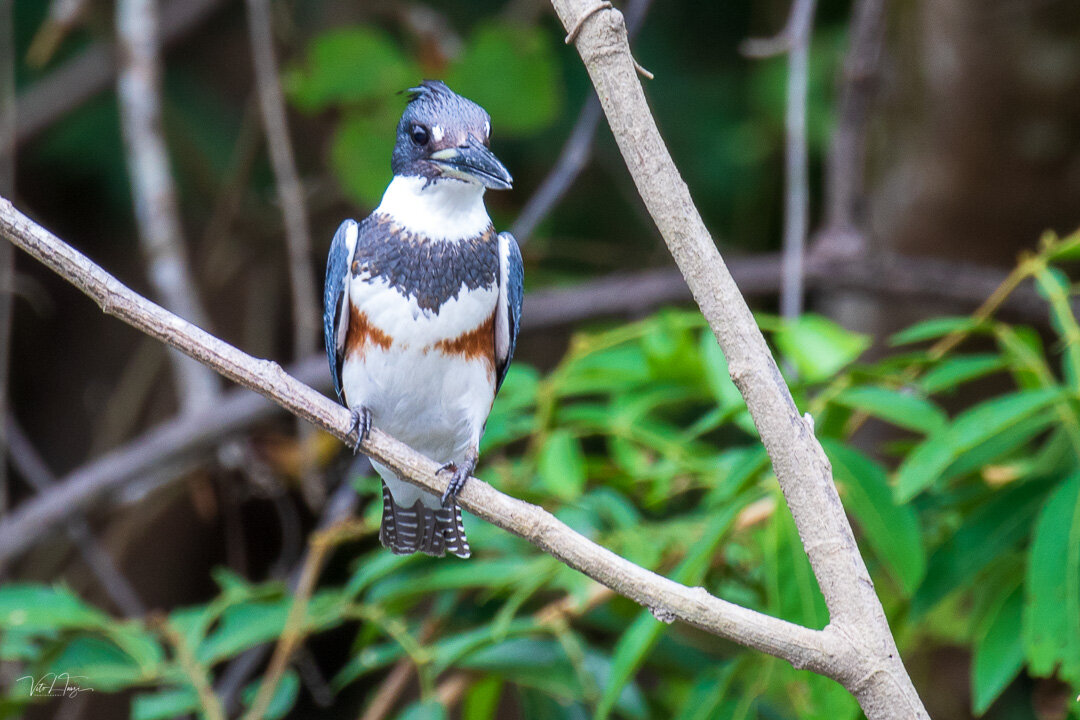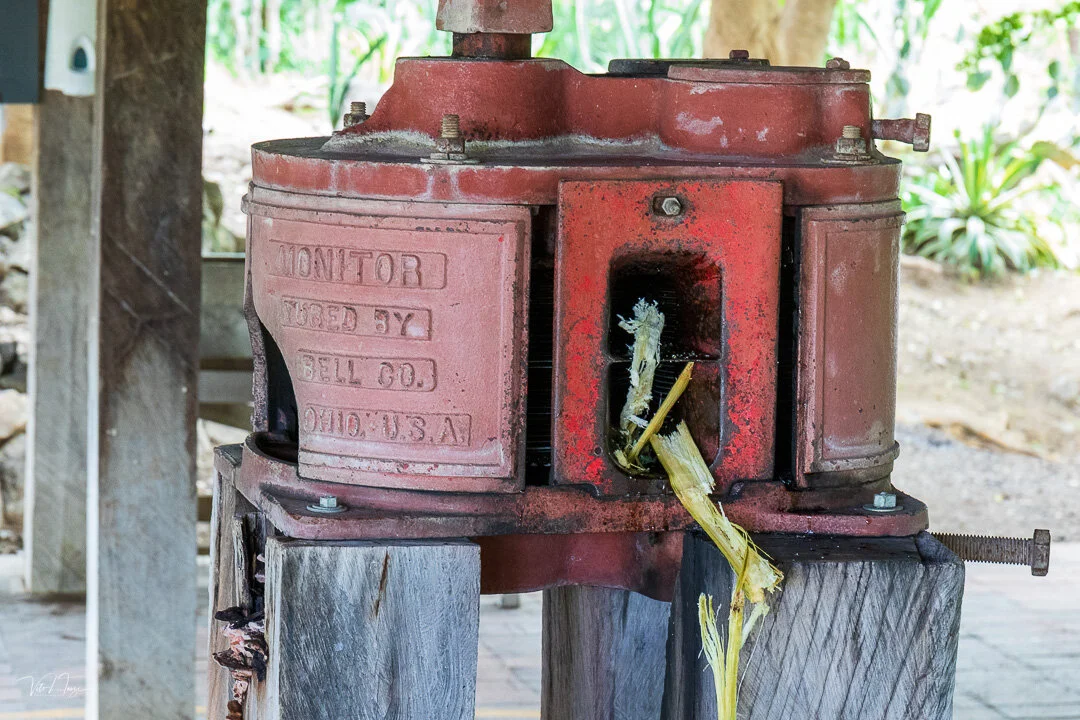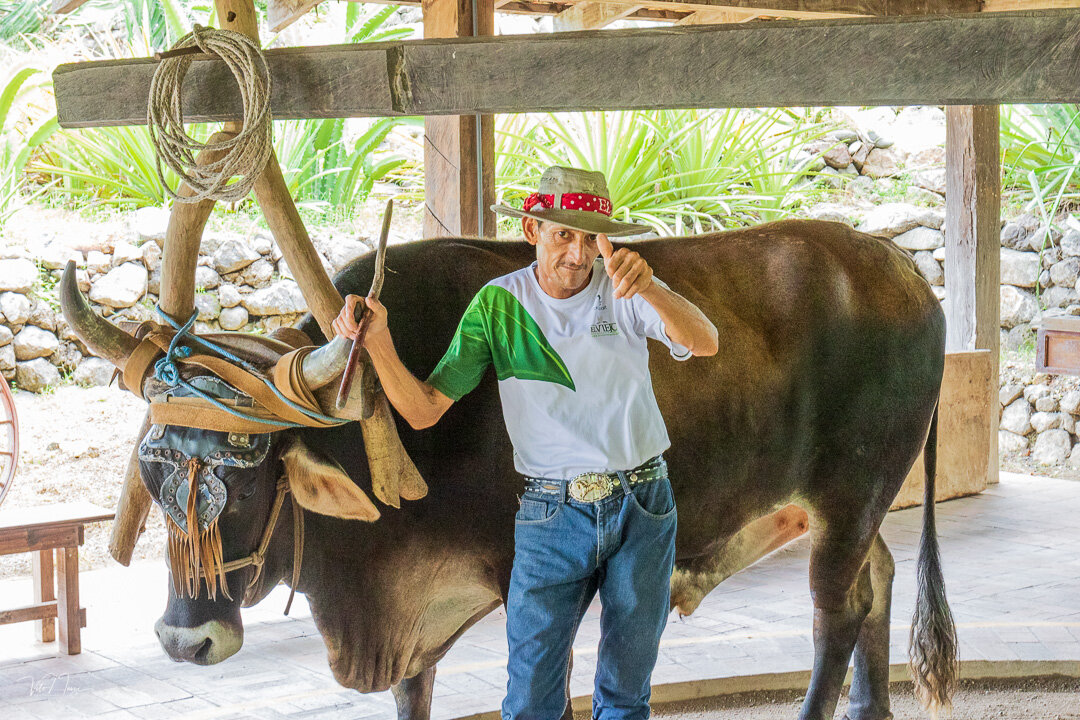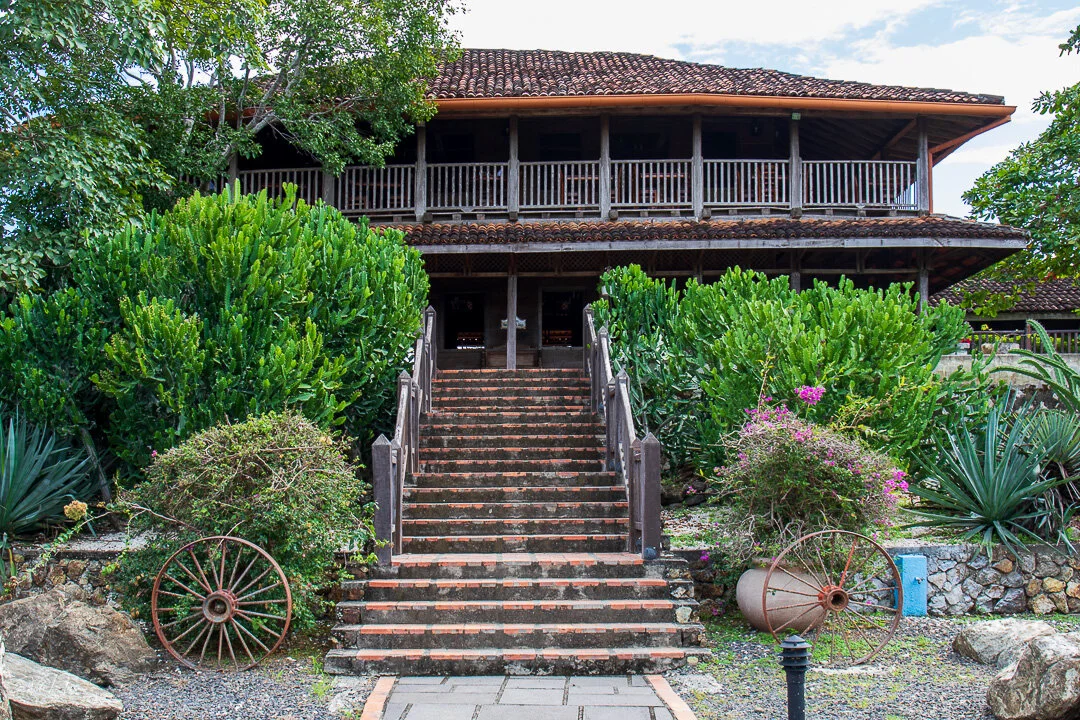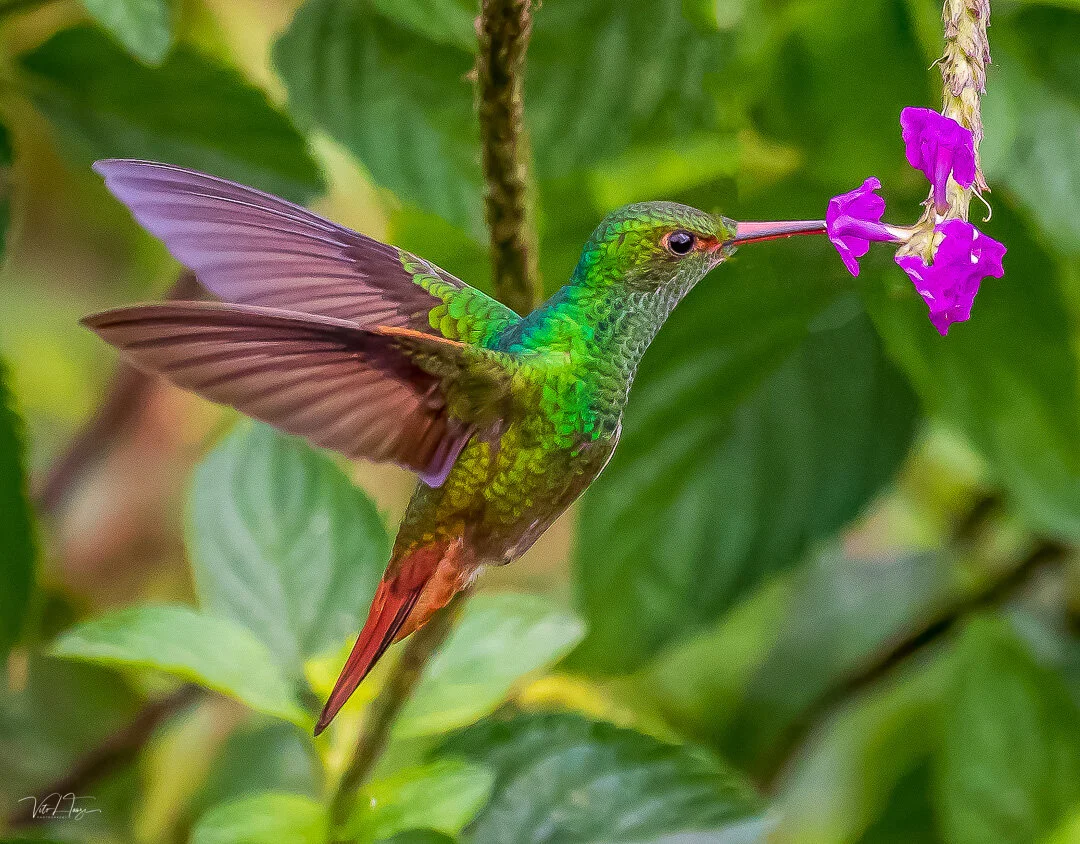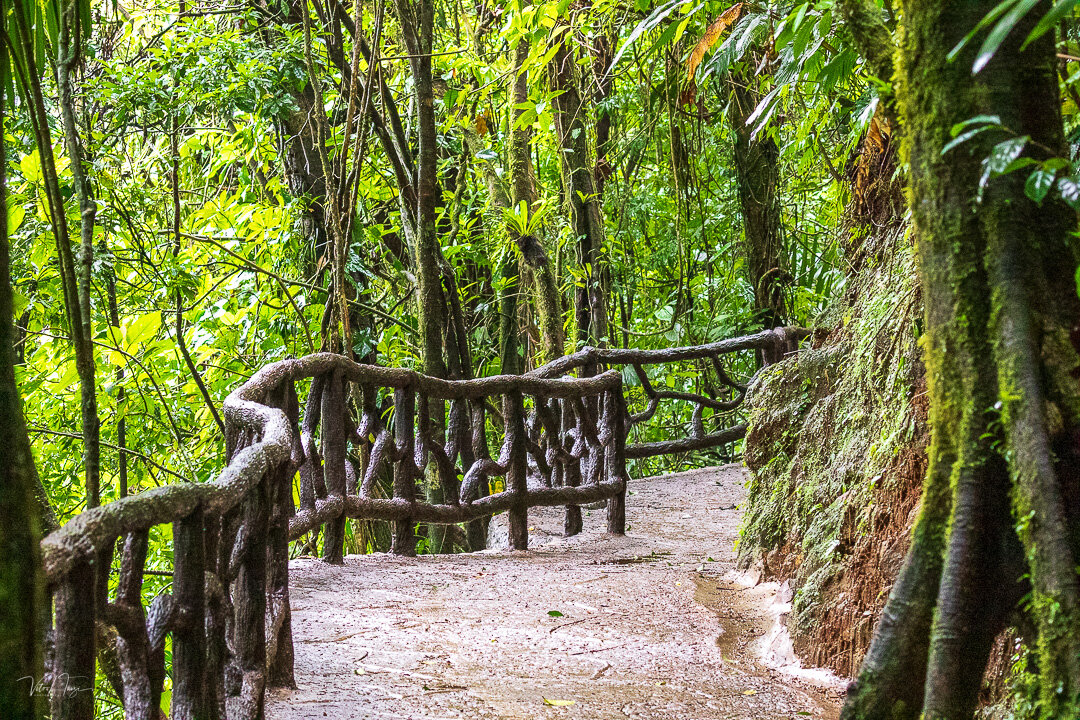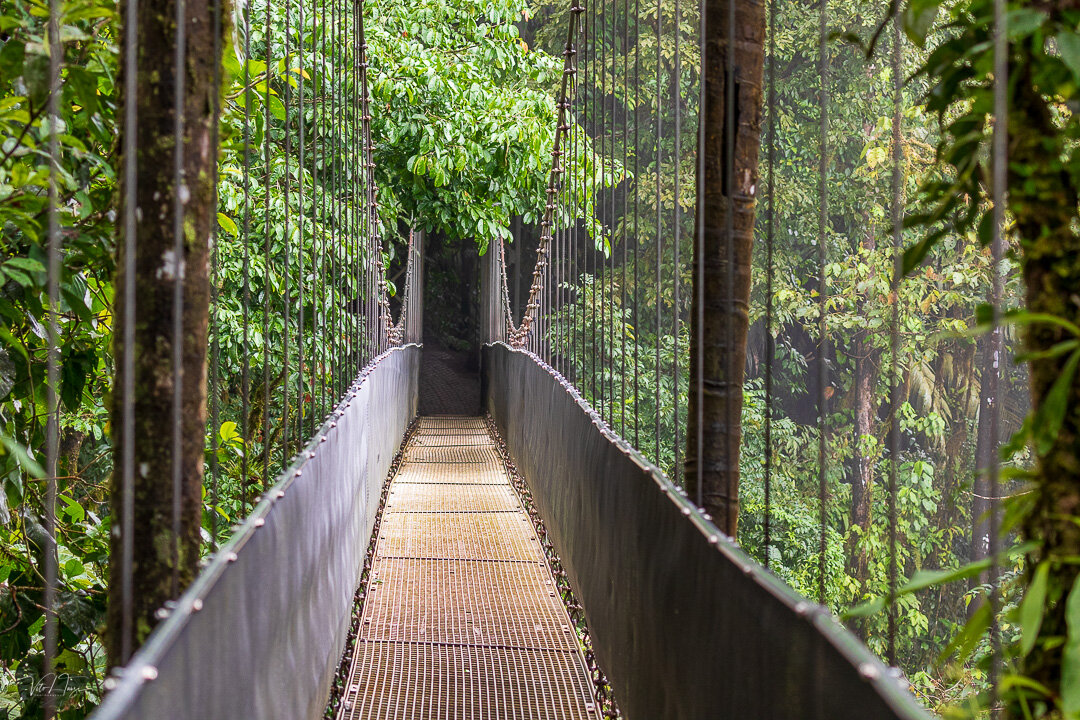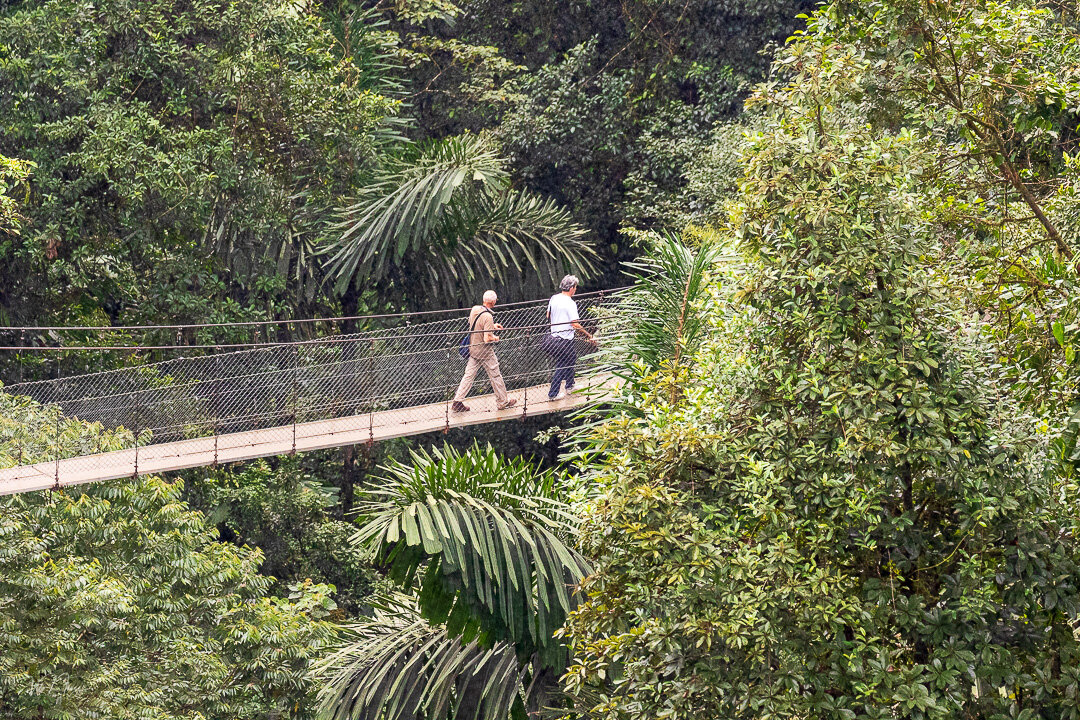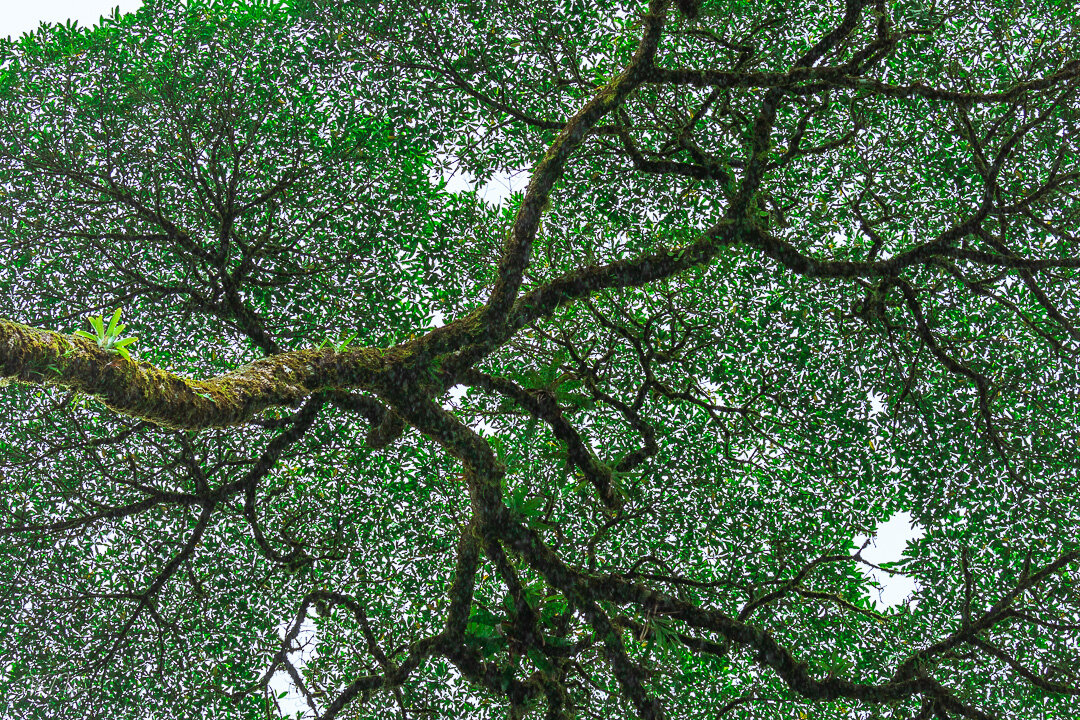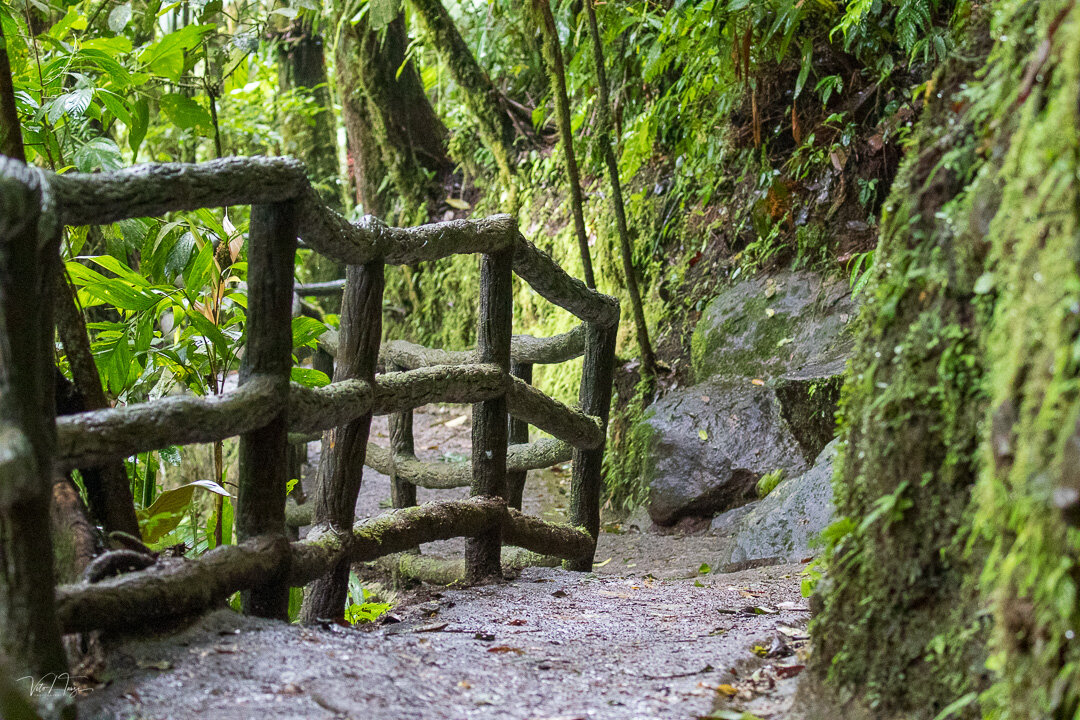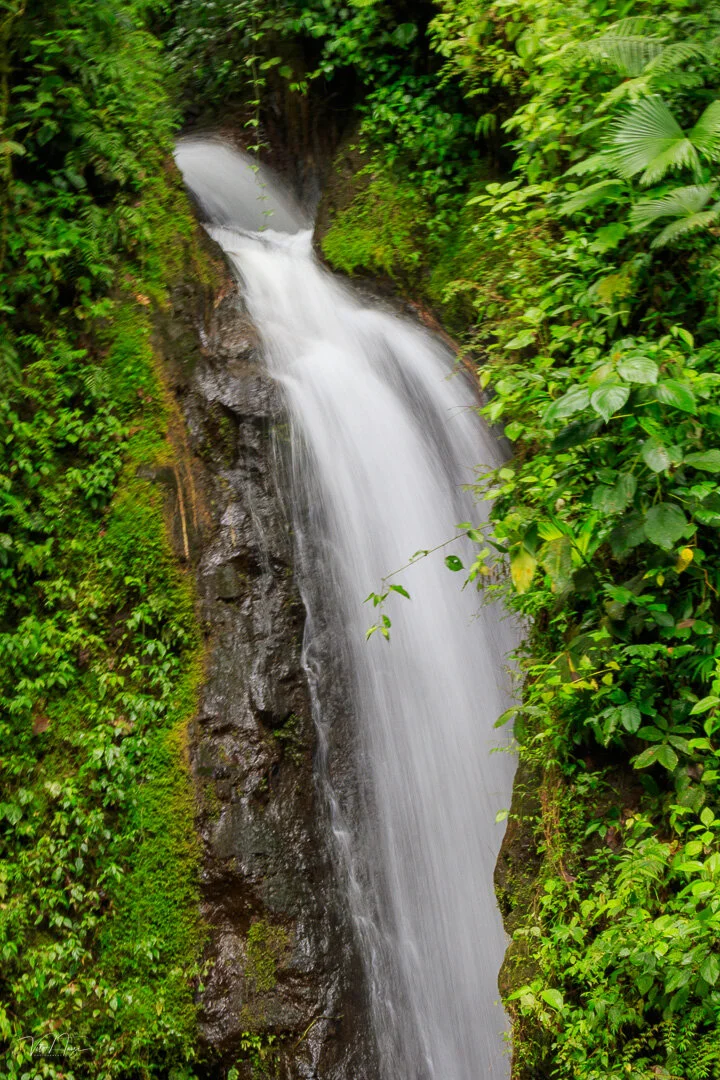My Photography & Travel Guide to Costa Rica
Welcome to Costa Rica, where nature takes center stage! Imagine lush rainforests, vibrant wildlife, and stunning beaches waiting to be captured through your lens.
Costa Rica is one of the most biologically diverse locations on the planet. I have been to Costa Rica a few times, and it is a country I would happily come back to again and again. The country has everything a photographer loves—great landscapes, beaches, so many different types of birds and wildlife, rainforests, hanging bridges, volcanos, and wonderful people.
Ready to explore? Let’s dive into the ultimate guide for your trip!
A Hummingbird taken with a 600 f4
Although the country is small it accounts for 5 percent of the existing biodiversity in the entire world. Twenty-six percent of the country comprises National Parks, Reserves, and Protected Areas so there are lots of places to explore . While Spanish is the main language, a large portion of the population speaks English.
In this post, I will highlight my favorite hotels and photography locations.
What Makes Costa Rica Unique?
Costa Rica is a haven for biodiversity, with over 500,000 species calling it home. From misty cloud forests to pristine coastlines, this small but mighty country offers a variety of landscapes for photographers. What’s even better? Costa Rica is also known for its eco-friendly ethos and dedication to conservation. Whether you’re visiting a national park, exploring a wildlife reserve, or lounging by a luxury eco-lodge, you’ll feel connected to nature every step of the way.
Where to Stay in Costa Rica
Best Area to Stay: Manuel Antonio or La Fortuna
While Costa Rica has a lot of incredible places to stay, Manuel Antonio and La Fortuna are two of the most popular for travelers. Manuel Antonio offers stunning coastal views and a national park, while La Fortuna is home to Arenal Volcano and hot springs.
Luxury Hotel Options
Nayara Gardens: Located in La Fortuna, this luxury eco-resort offers villas surrounded by lush greenery and volcano views.
Nayara Spring Hotel is one of the best hotels in the world. Just take a look at the accolades they have received. The location in the rainforest with views of the Arenal National Volcano is out of this world. And the staff are so friendly. They even have a Sloth that lives on the property named “Tony.”
Hacienda AltaGracia, Auberge Resorts - a stunning resort
Arenas del Mar Beachfront & Rainforest Resort: A beachfront resort in Manuel Antonio with eco-friendly practices and luxury amenities, perfect for capturing stunning coastal landscapes.
The Springs Resort and Spa: With hot springs, stunning views of Arenal Volcano, and luxurious suites, this resort is an oasis for relaxation and photography.
Four Seasons Costa Rica at Peninsula Papagayo. It is located about 25 minutes from the Liberia Airport, and it’s an easy drive. Everything about the hotel was fantastic—the food, staff, location, the beach, and activities.
Mid-Level Hotel Options
Hotel Costa Verde: Located in Manuel Antonio, this quirky hotel is famous for its unique airplane suite and fantastic views of the Pacific Ocean.
Arenal Manoa: A mid-range option in La Fortuna with spacious rooms, volcano views, and natural hot springs.
El Silencio Lodge & Spa: Situated in the cloud forest, this boutique eco-lodge offers a tranquil retreat, perfect for photographing lush rainforests.
Fairfield Marriot San Jose - the hotel is a good spot to stay overnight before or after your Costa Rica Trip.
LAGUNA DEL LAGARTO ECO-LODGE - the hotel is very basic, but they have an incredible perch where you can see Toucans.
Hacienda La Isla in Sarapiqui is a very nice hotel in Sarapiqui that is close to the Frog Heaven.
Best Time to Visit Costa Rica
The weather in Costa Rica is at its best during the dry season between December and April. Temperatures at this time of year typically range from the low 70s to the high 80s Fahrenheit.
Getting There
It is so easy to get to Costa Rica. Most people will fly into San Jose International Airport or Liberia International Airport. If you are going to the south, then it’s better to fly into San Jose. But if you will mainly staying in the northern areas then Liberia is a better option.
How Long Should You Stay?
To fully experience Costa Rica’s diversity, I recommend staying at least 7 to 10 days. This allows you to visit both the Pacific and Caribbean coasts, explore the national parks, and fit in some wildlife photography sessions. Plus, you’ll want some downtime to relax in those amazing hot springs!
Best Time of Year to Visit
The best time to visit Costa Rica for photography is during the dry season, which runs from December to April. You’ll enjoy sunny days and clear skies, perfect for capturing landscapes, beaches, and wildlife. If you don’t mind a little rain, the green season (May to November) offers vibrant plant life, fewer tourists, and the chance to photograph mist-covered rainforests.
Getting Around Costa Rica
The best way to get around Costa Rica is by renting a car, especially if you’re planning on visiting multiple areas. Having your own vehicle gives you the freedom to explore remote locations at your own pace.
If you prefer not to drive, there are plenty of shuttle services available to take you between popular destinations. Uber is available in San José and some other areas, but it may not be as reliable in remote locations.
Hiring a Driver
One of the smartest things we did was to hire a driver or guide. It just made the whole trip so much more relaxing and easier.
We used Costa Rica Drivers. The company is owned by Danny Jimenez, and his email address is costaricadriver@gmail.com. Danny and his whole team are fantastic. They are all very safe drivers, bilingual, friendly, and very knowledgeable about Costa Rica. Danny is just a fun person to hang out with. It’s definitely worth it.
Photography Gear
For photographers, a DSLR or Mirrorless Camera with the longest lens will be your best choice. Here is My Photography Gear Packing List.
Cameras-you will need a camera that is capable of fast-action & wildlife photography, which is basically every DSLR or Mirrorless camera made in the past few years (i.e, Canon R3/R5/R6, Nikon Z9, Sony A1, etc.). I would recommend a camera that can shoot at least 1/2000th and 15 fps (frames per second). I brought my R3 and R5.
Lens: You want to bring the longest and fastest glass that you own or can rent. So what would I bring?
1. Canon EOS RF 100-500 mm lens since its so versatile.
2. Canon RF 400 f2.8 —or I might rent a longer lens like the Canon 600 mm f4.
3. Canon RF 100 mm f2.8 Macro Lens for Night Photography
Converters—I bought an RF 1.4 TC, so my RF400 becomes 560 mm.
Tripods & Gimbals—I would only bring a Monopod.
Using Flash: could be helpful for night photography in the forest.
Waterproof gear: Don’t forget to bring a rain cover for your camera gear, especially if you’re visiting during the green season.—-micro fiber towels are very helpful to dry your gear. Rain covers are also helpful.
Clothing And Accessories
Here is my clothing photography guide My Safari Packing List
Hiring Wildlife Guide
It’s a good idea to hire a professional wildlife guide to take you to all the bird photography locations. An excellent guide is Kenneth Martinez.
Don’t Miss a Night Photography Tour
A female Quetzel
Photography Locations
Here are my Photography Spot Recommendations:
Arenal Volcano (Link): One of the most iconic landmarks in Costa Rica, offering stunning views and endless photography opportunities, especially at sunrise or sunset.
Paraiso Quetzel Lodge for Hummingbirds
Located about 1.5 hours south of San Jose is an incredible spot for Hummingbirds and Quetzals. There are two spots to photograph. The first is right at the Lodge for Hummingbirds.
There are so many great shots you will get from this location
About 10 minutes away is a spot called El Guarco. This is where you can photograph the most beautiful bird in the world, the Quetzel. We went twice to this location and it definitely paid off.
Male Quetzel
CAÑO NEGRO WILDLIFE REFUGE
No wildlife trip to Costa Rica is complete without visiting Caño Negro Wildlife Refuge. We saw iguanas, crocodiles, toucans, Cormorants, Storks, Howler Monkeys and so many types of birds.
Boca Tapada
We stayed at the Laguna Lagarto Ecolodge. The hotel is basic, but they have an incredible perch for Toucans. There are dozens of toucans and other birds.
Toucan
You will come back with so many shots from this location
Toucan Rescue Ranch
The Toucan Rescue Ranch’s mission is to rescue, rehabilitate, and release Costa Rican wildlife. It is well worth the trip. The work they do is essential. They have some adorable sloths.
A 3 Toed Sloth
Frog Heaven
Frog Heaven is a family-owned reserve in Horquetas of Sarapiqui. Our guide was the owner, Jose, who was terrific.
I loved our visit to Frog Heaven in Sarapiqui. In Arenal, there is another nice place for Night Photography walks called the Arenal Oasis Frog Night Tour.
There are lots of cool shots of frogs and snakes
A Ghost Frog
Lots and lots of great shots from this location.
PALO VERDE NATIONAL PARK
Through the Four Seasons hotel, we arranged a 6-hour tour of Palo Verde National Park, which is about 1 Hour and 20 minutes from the hotel. Located along the banks of the Tempisque River, the Palo Verde National Park is one of the best places in Costa Rica to view native wildlife.
One of the highlights was the boat trip we took along the river with a naturalist guide. The guide was fantastic and explained all the birds and wildlife we saw. At the end of the boat ride, we enjoyed lunch in their restaurant.
Hanging Bridges in Arenal
The Hanging bridges in Arenal are something you want to experience.
It’s an easy 2-mile hike, and you go over nine different suspension bridges during the walk. The hanging bridges allow you to walk over the Rainforest Canopy below. It is an incredible experience that should not be missed.
Manuel Antonio National Park (Link): A wildlife lover’s paradise, where you can spot monkeys, sloths, and exotic birds while exploring the park’s lush forests and pristine beaches.
Monteverde Cloud Forest (Link): A mystical place, often shrouded in mist, offering unique shots of towering trees and diverse plant life.
OVERALL
Overall, Costa Rica was one of our most incredible places to visit. There are endless photography opportunities. You will undoubtedly come back with amazing images.
If you enjoyed this guide to Costa Rica, you can check out my other Photography and Travel Guides at this link.
And don’t forget to subscribe to my newsletter to stay updated with the latest travel photography tips! Pura vida!
